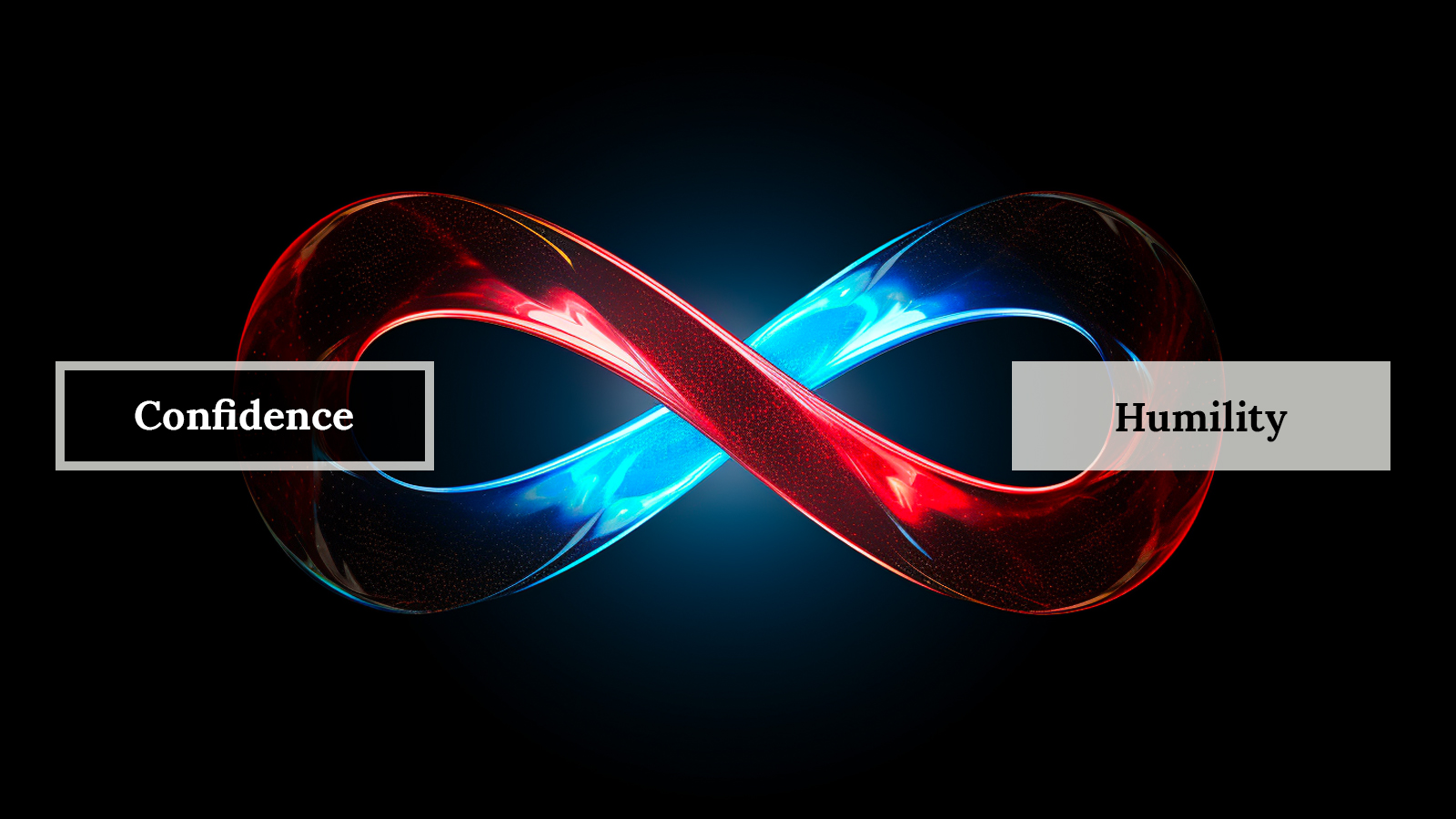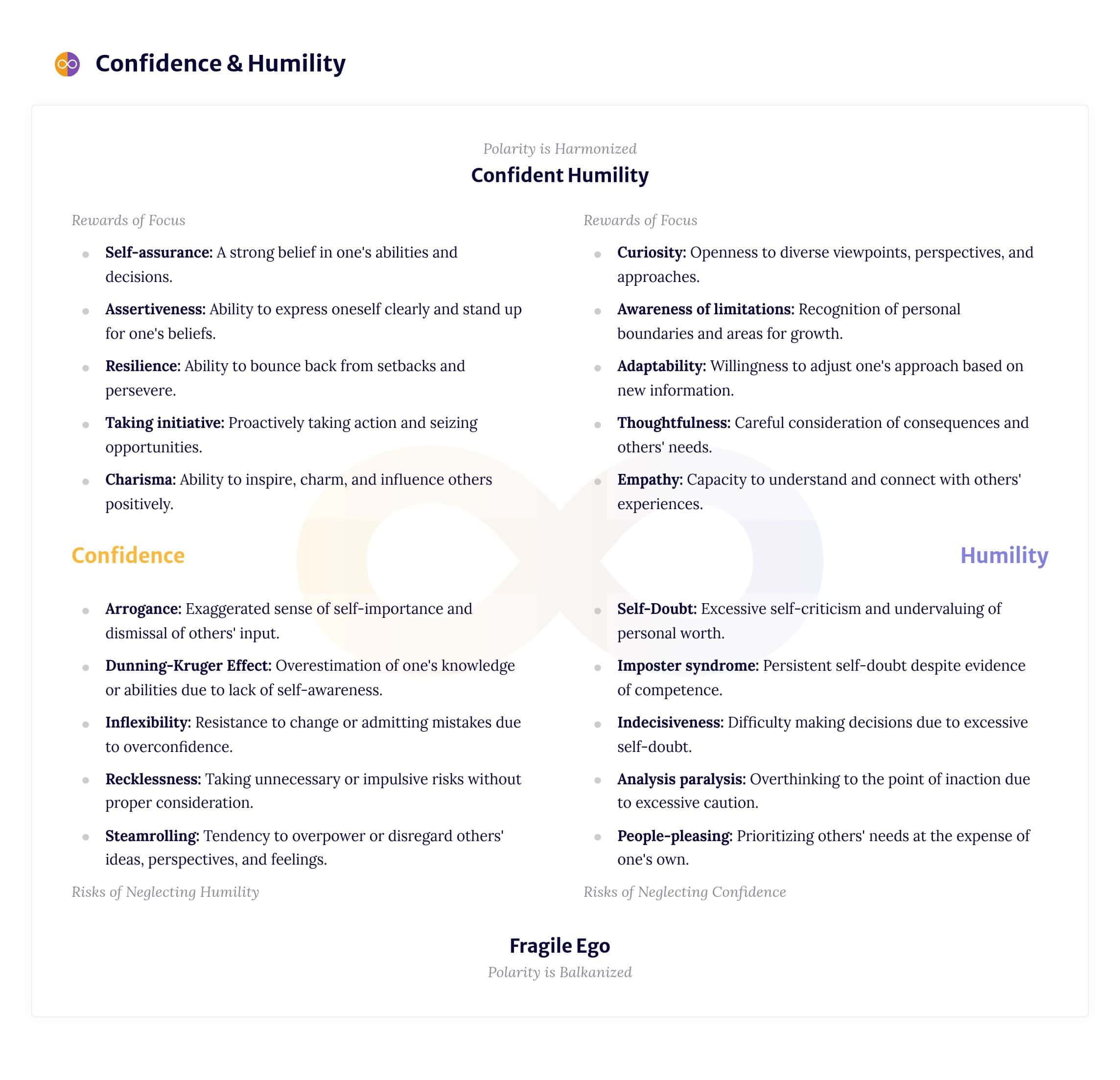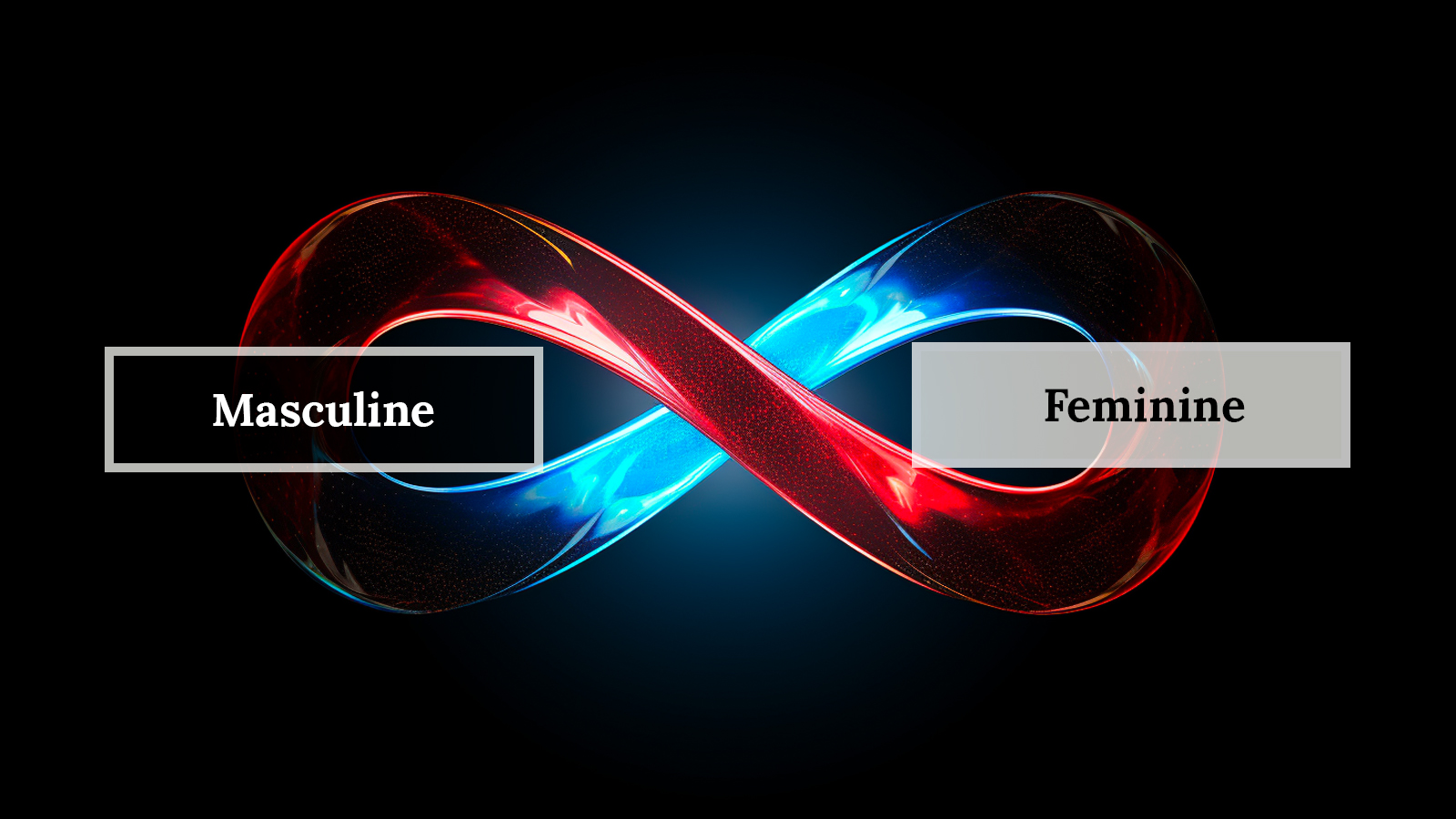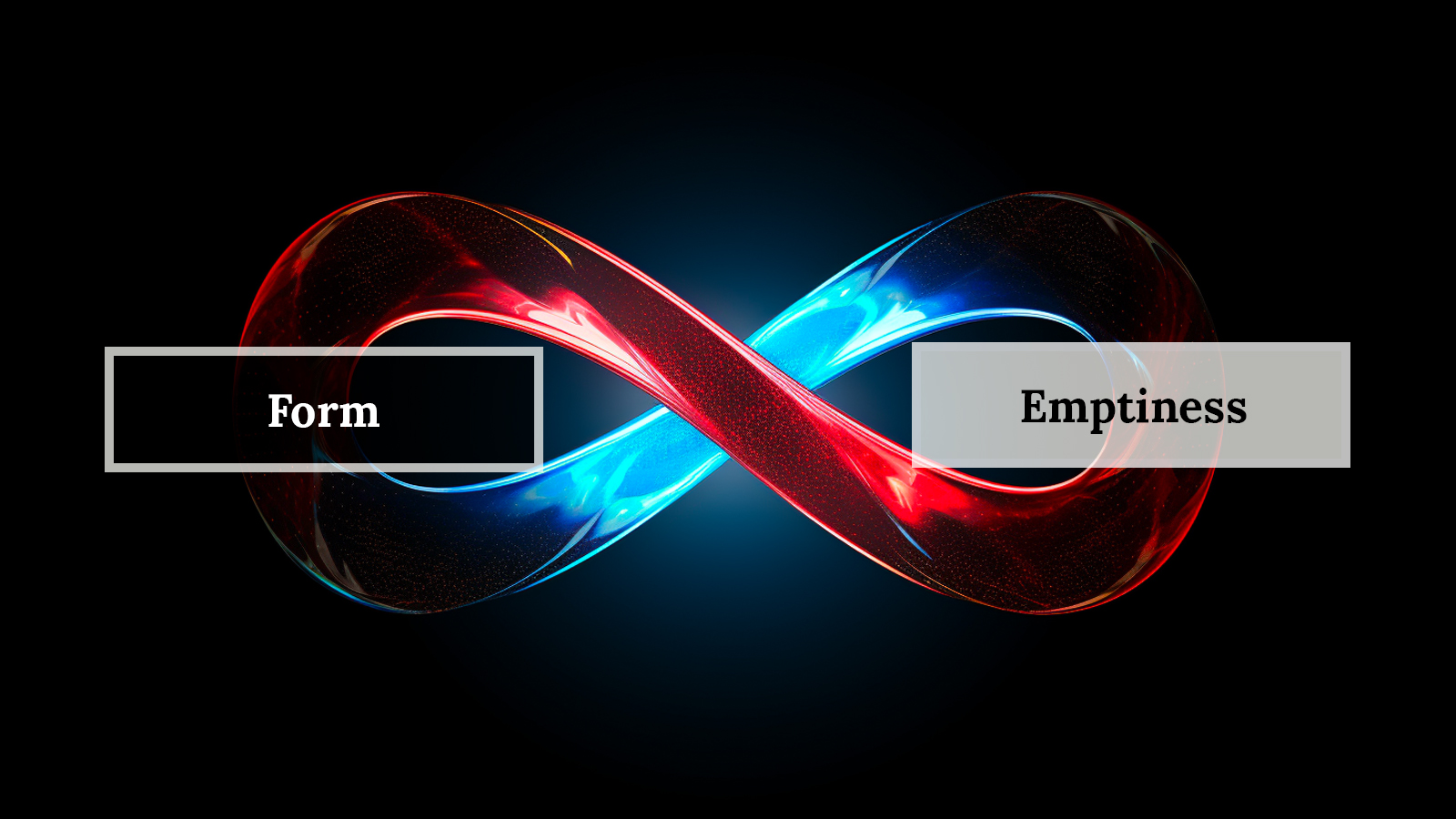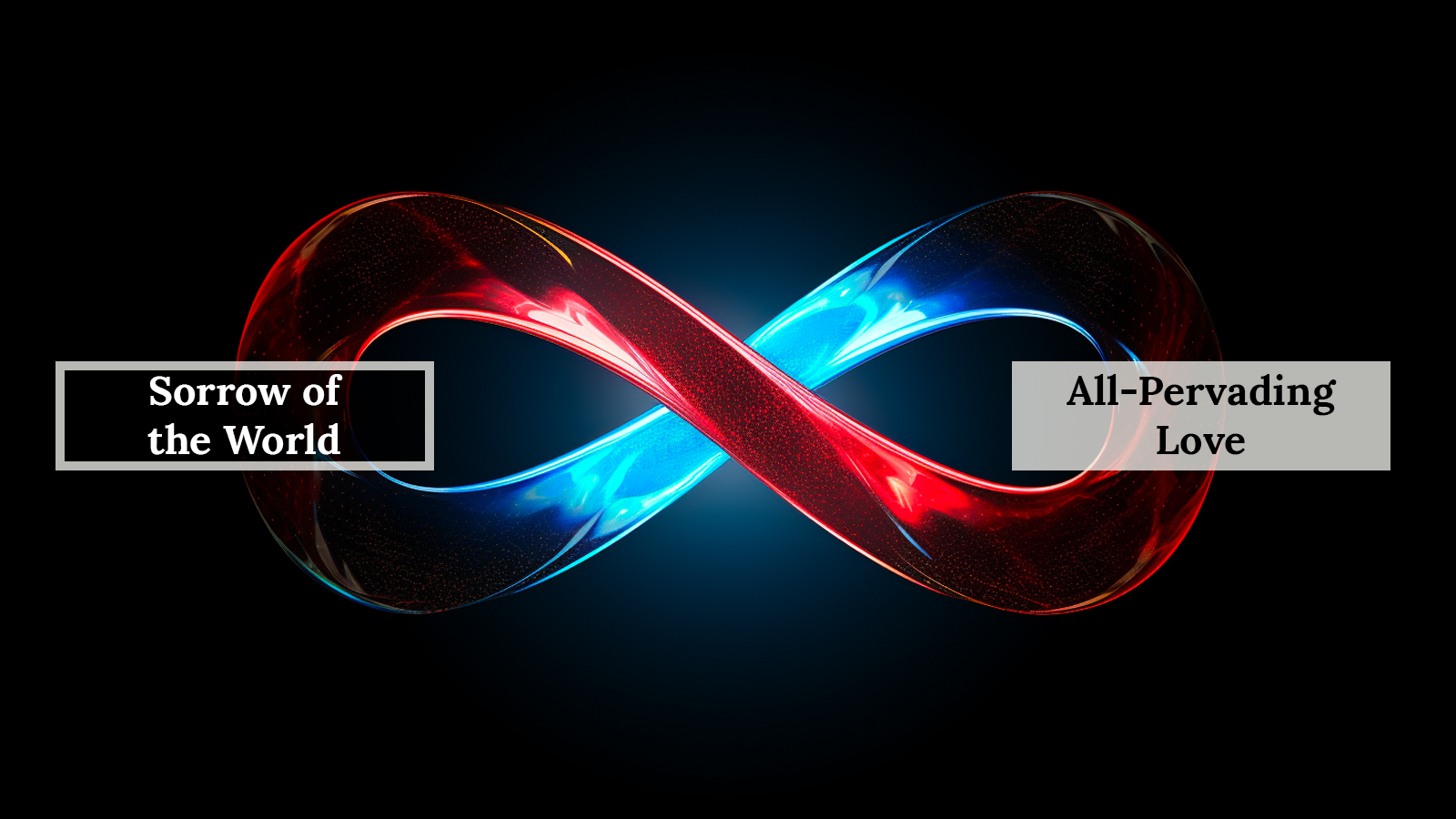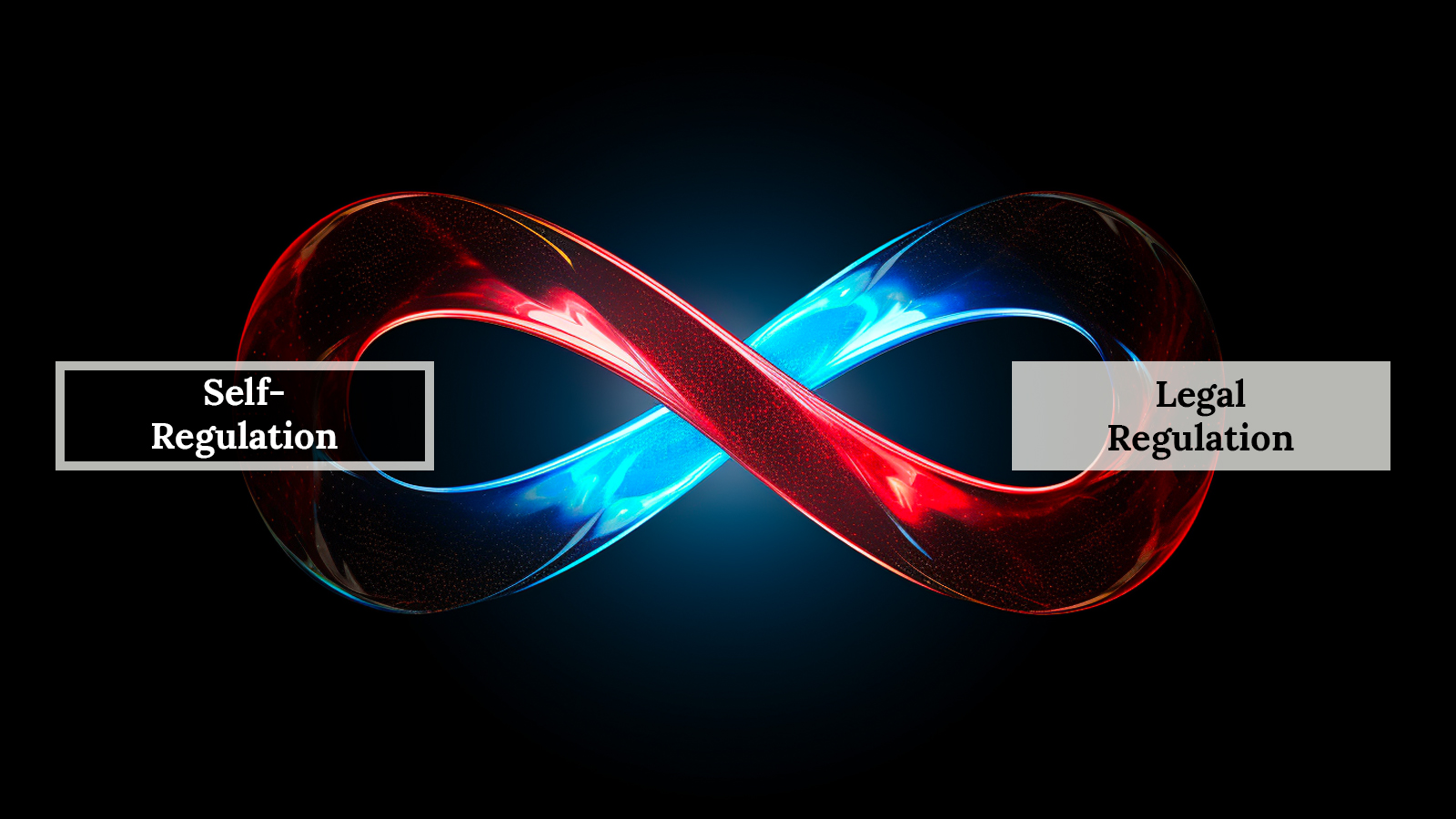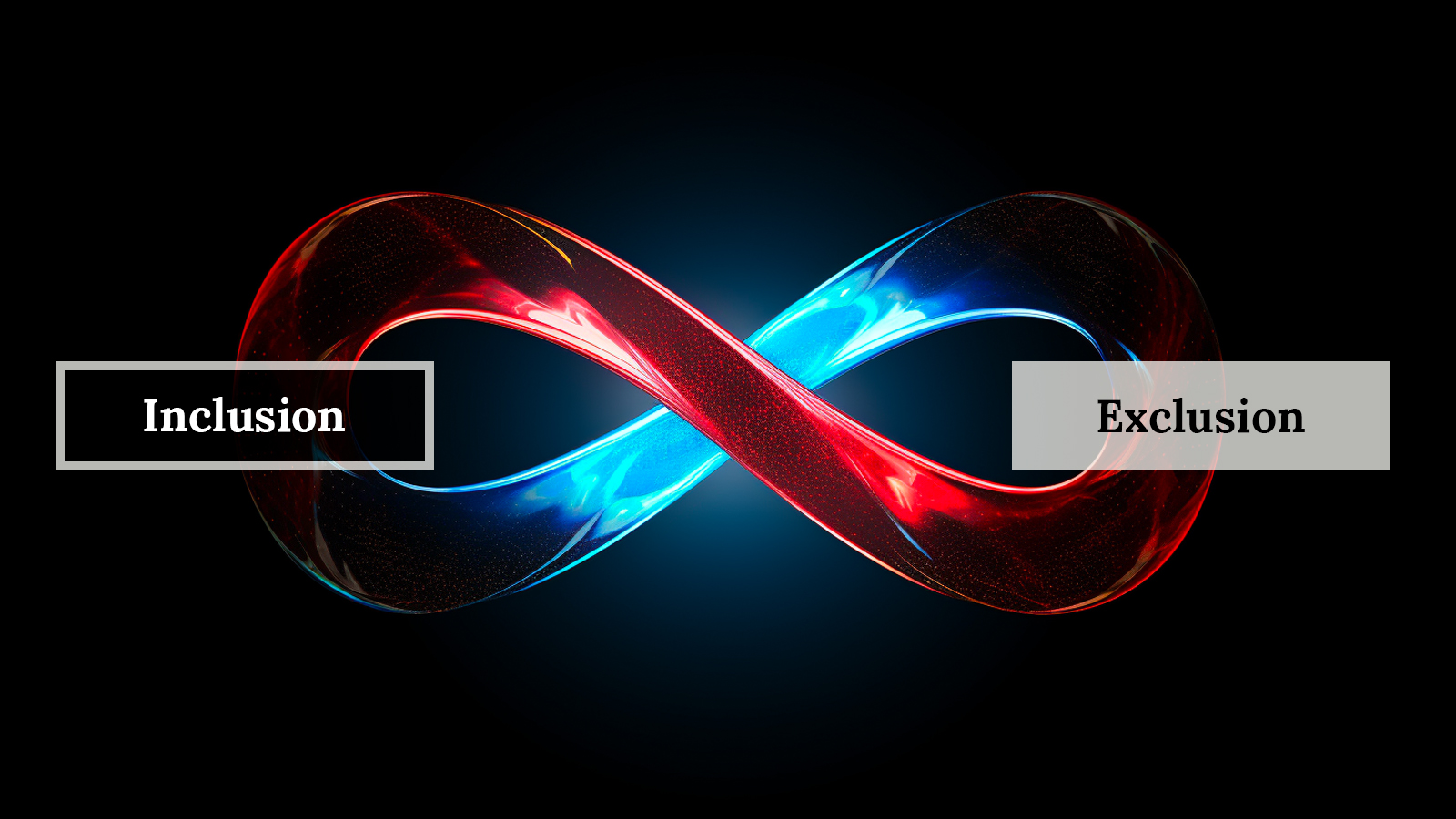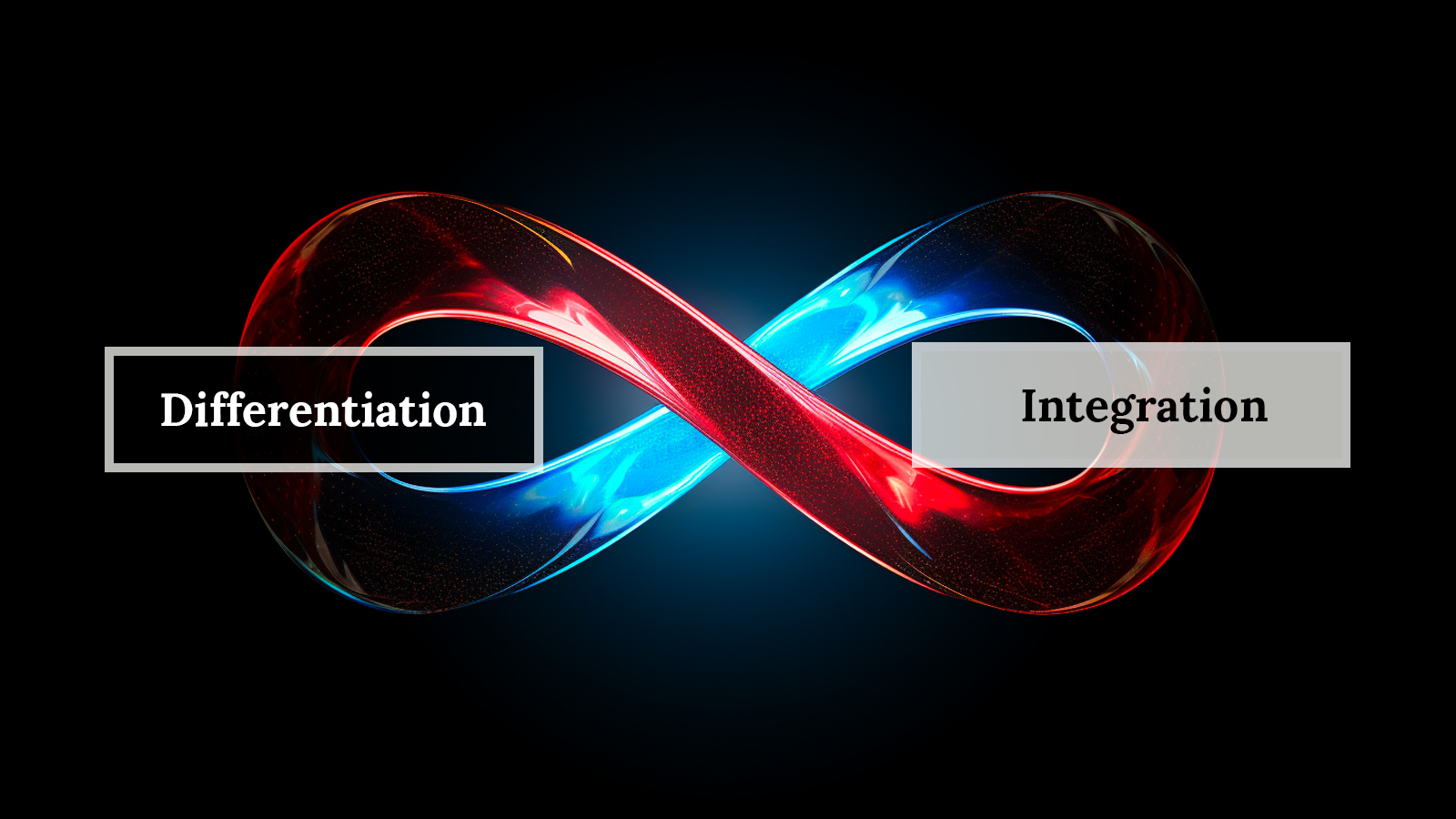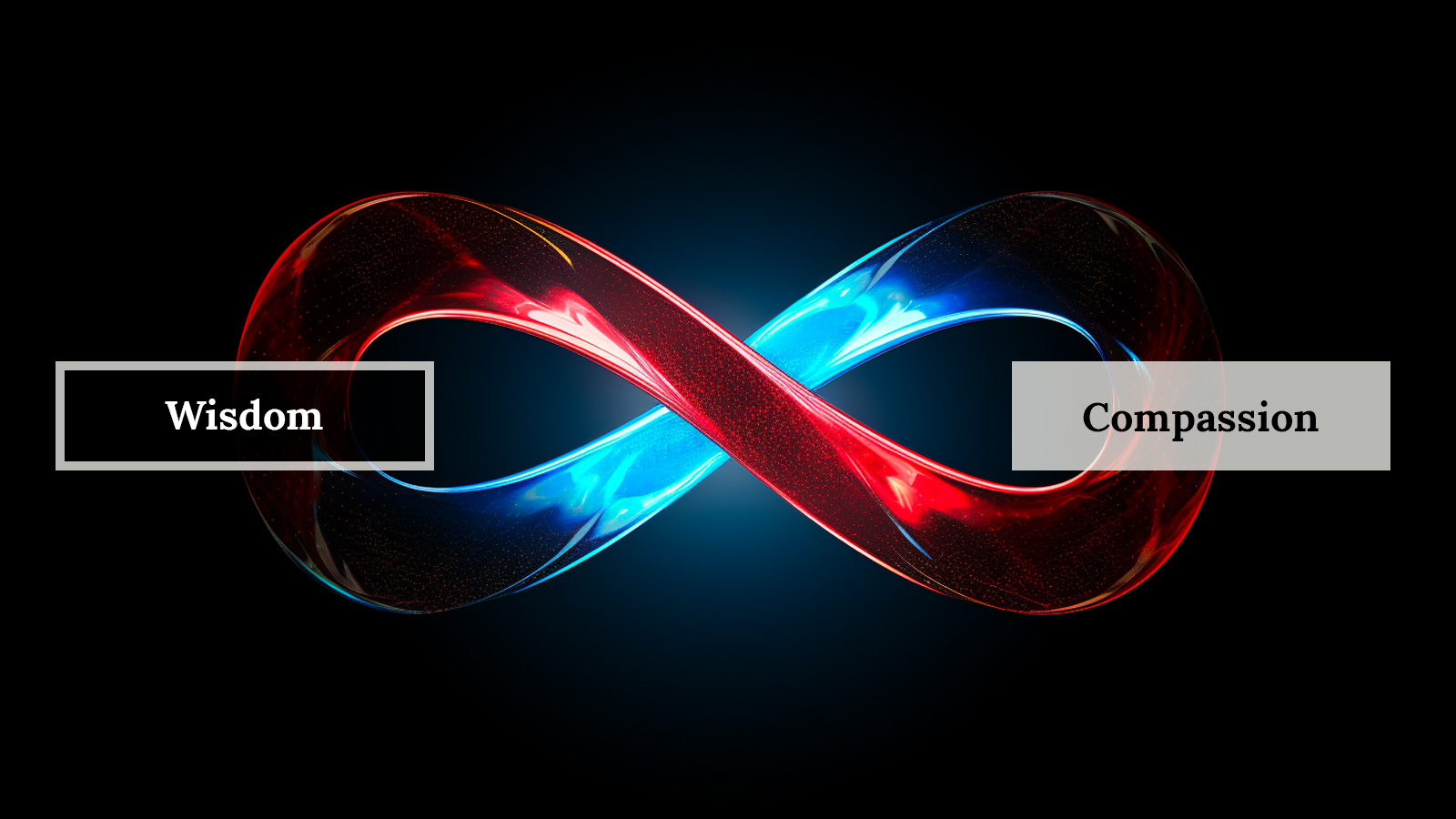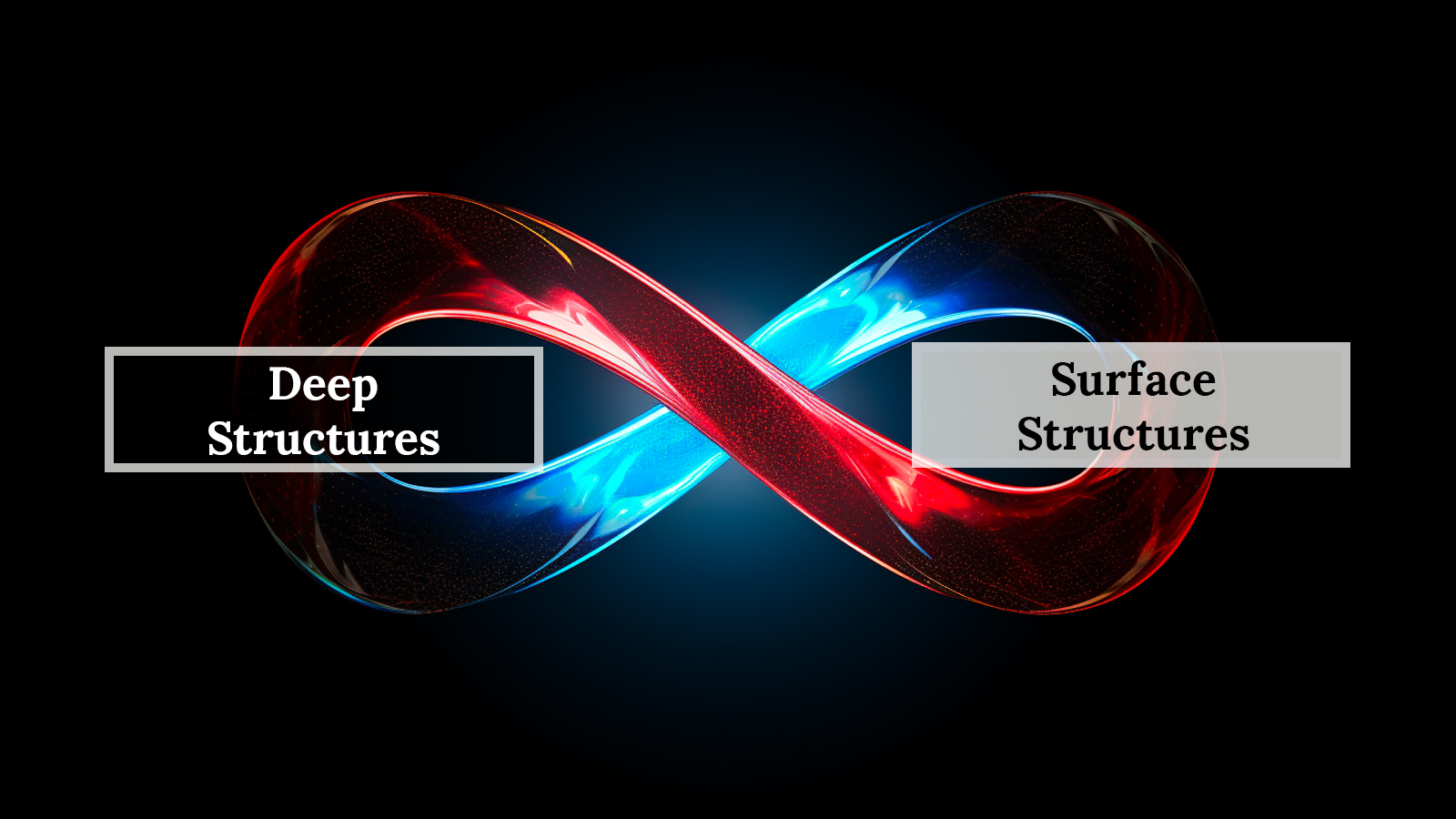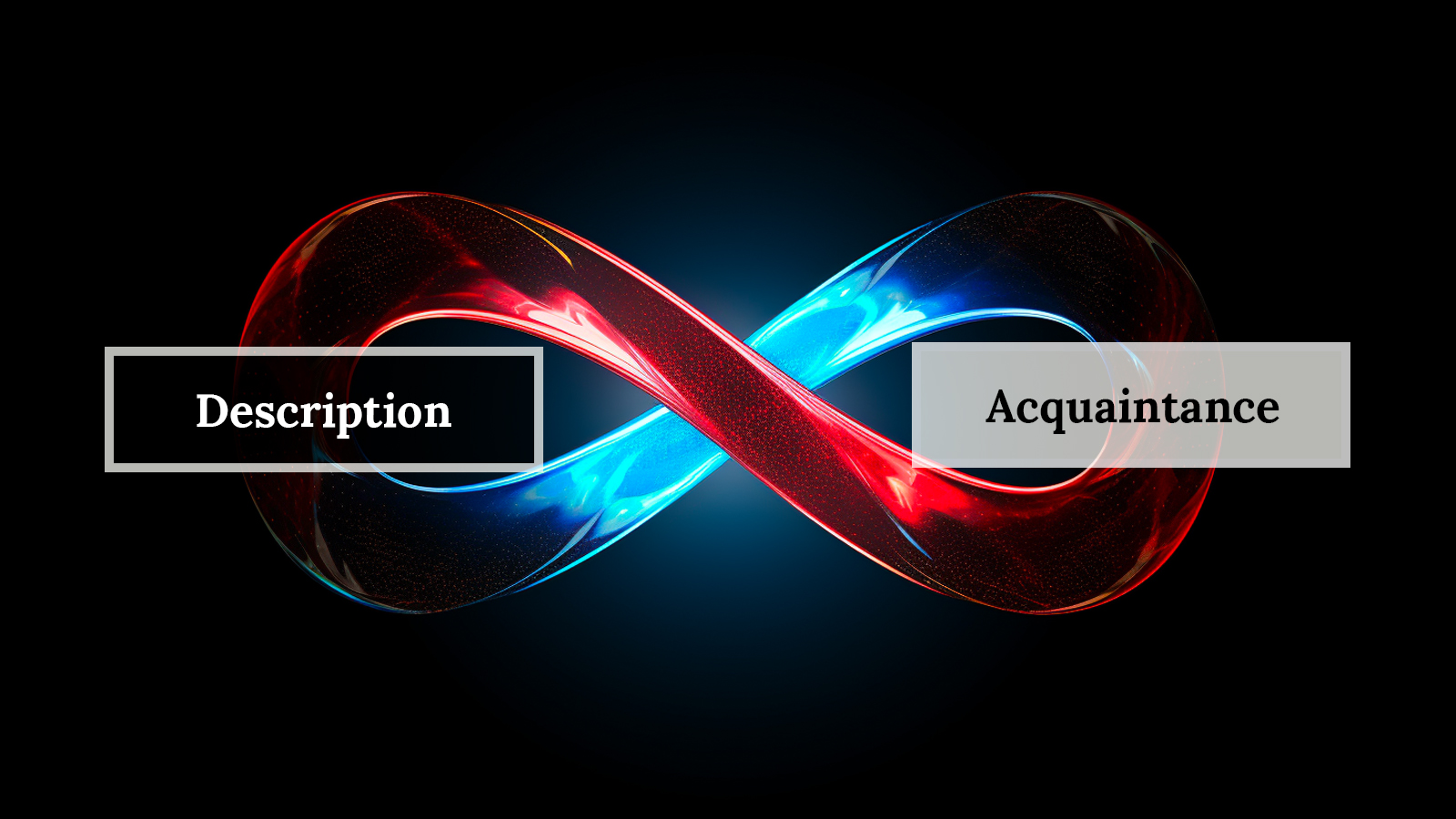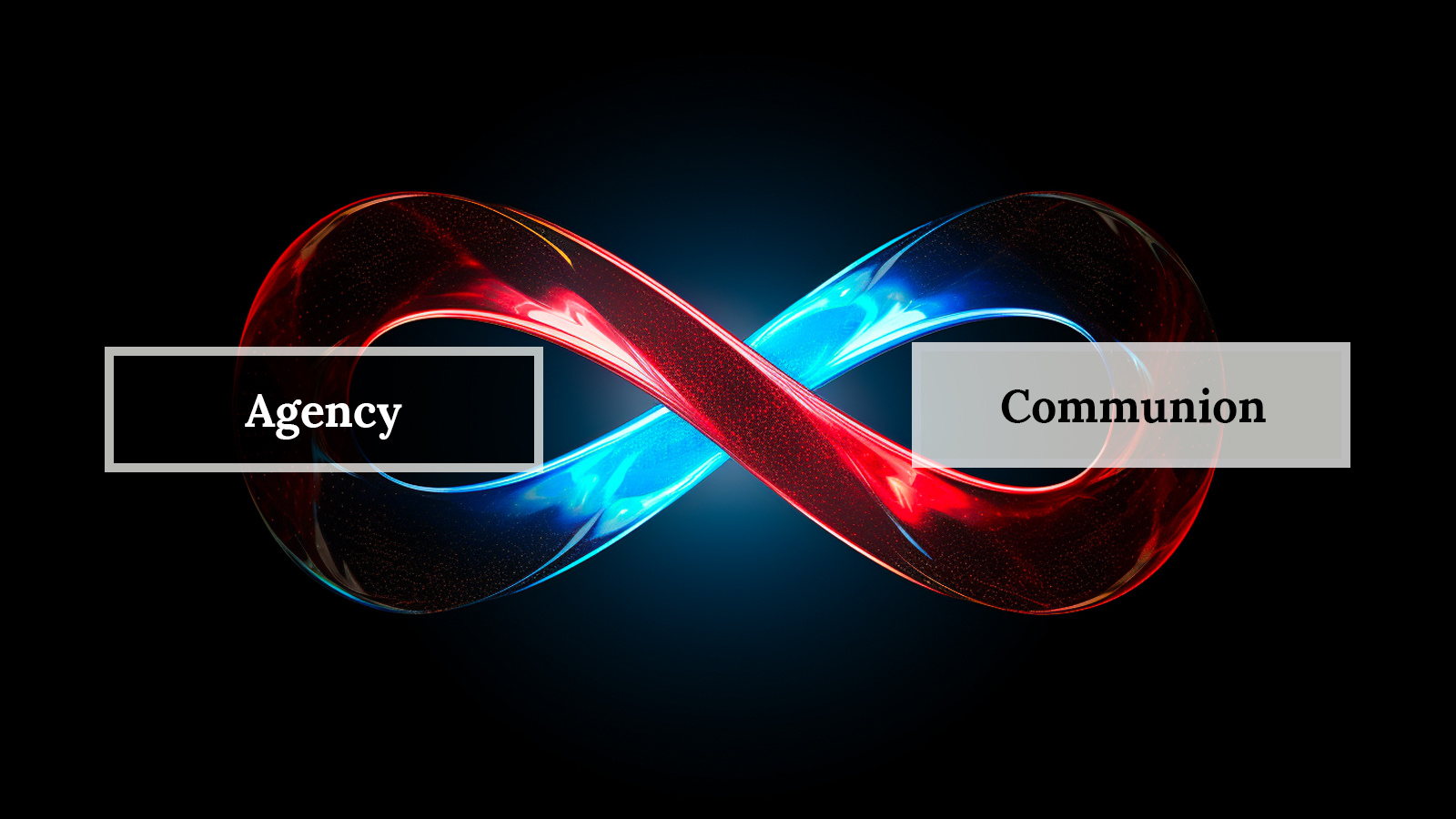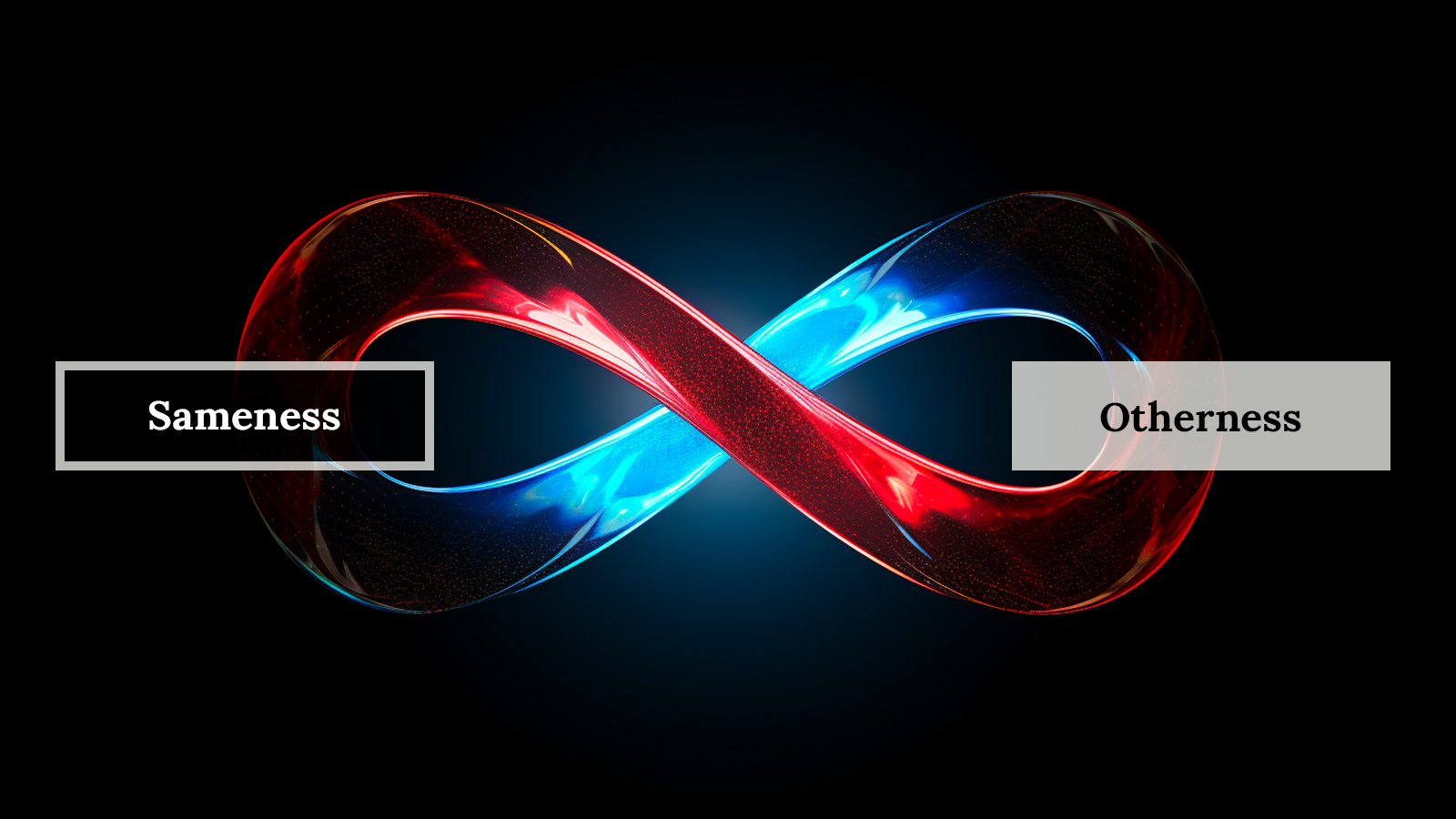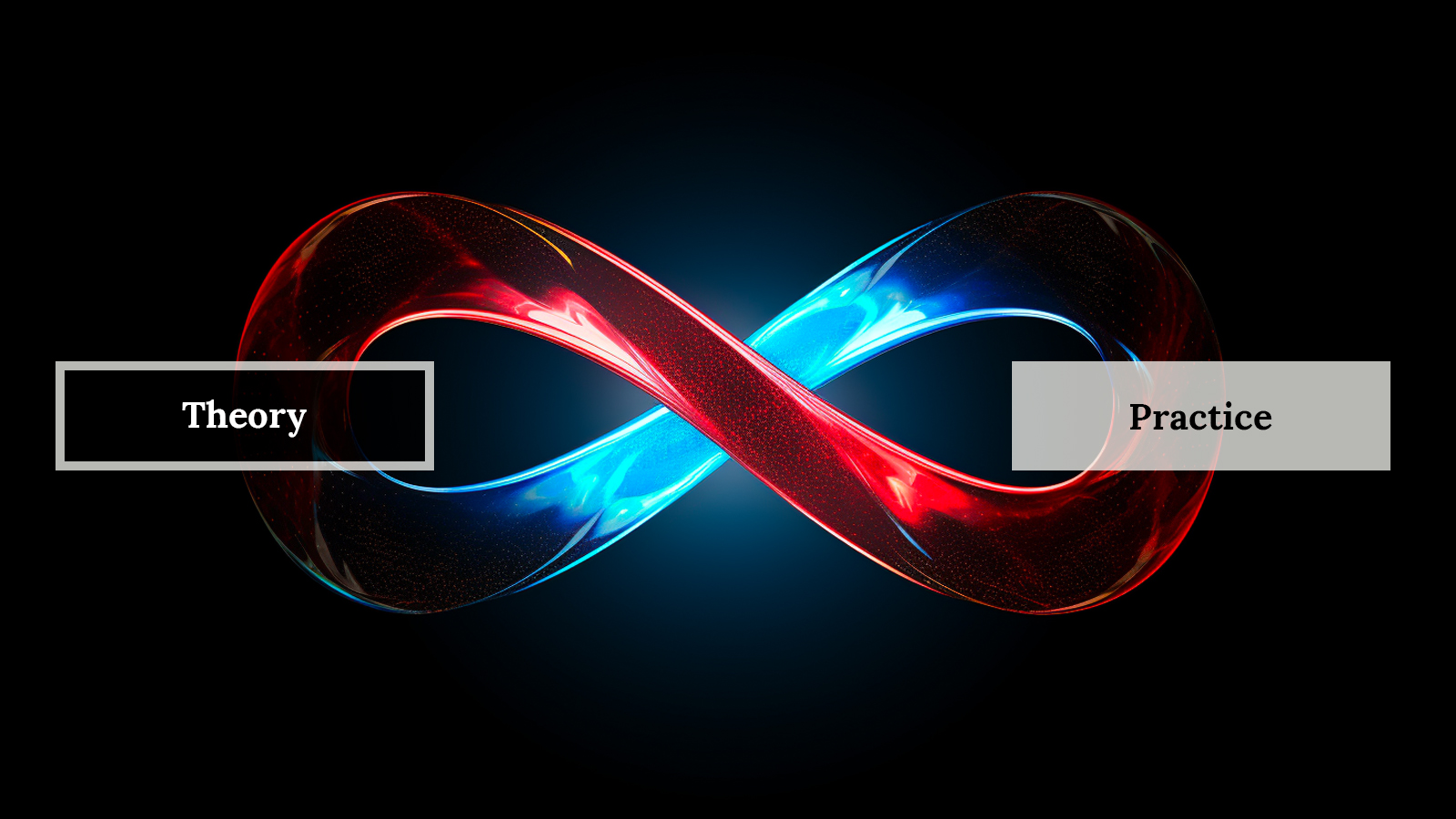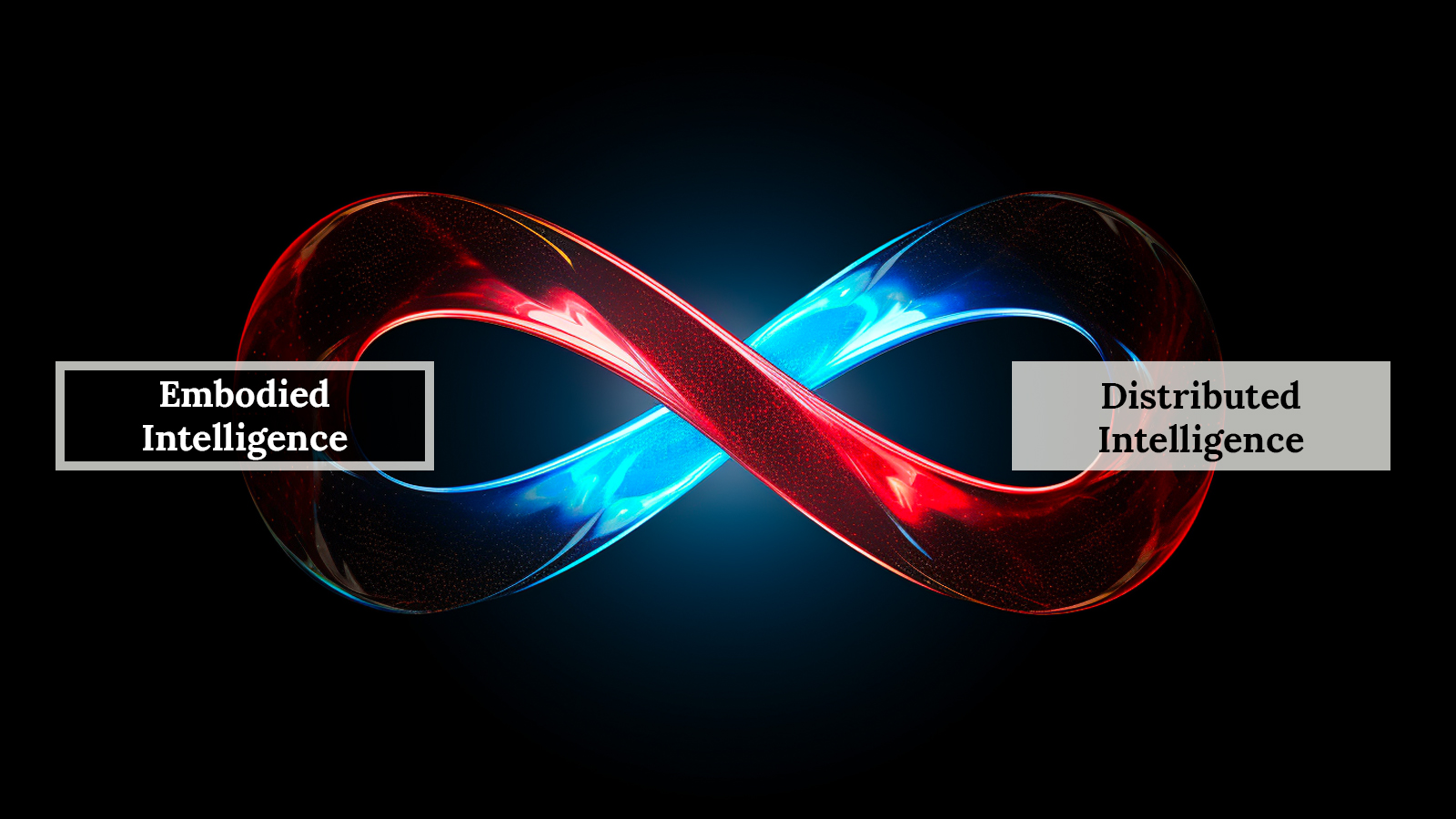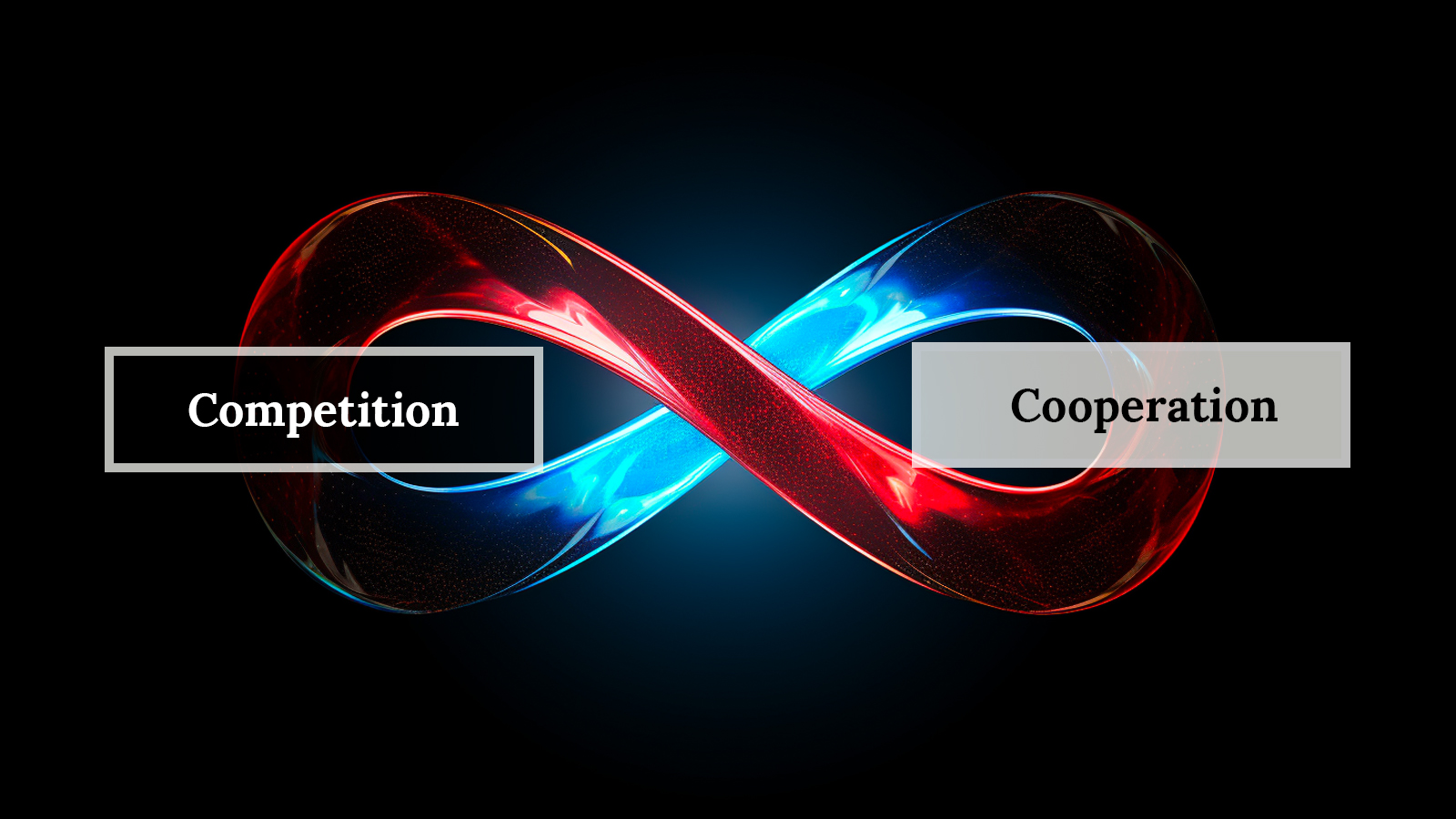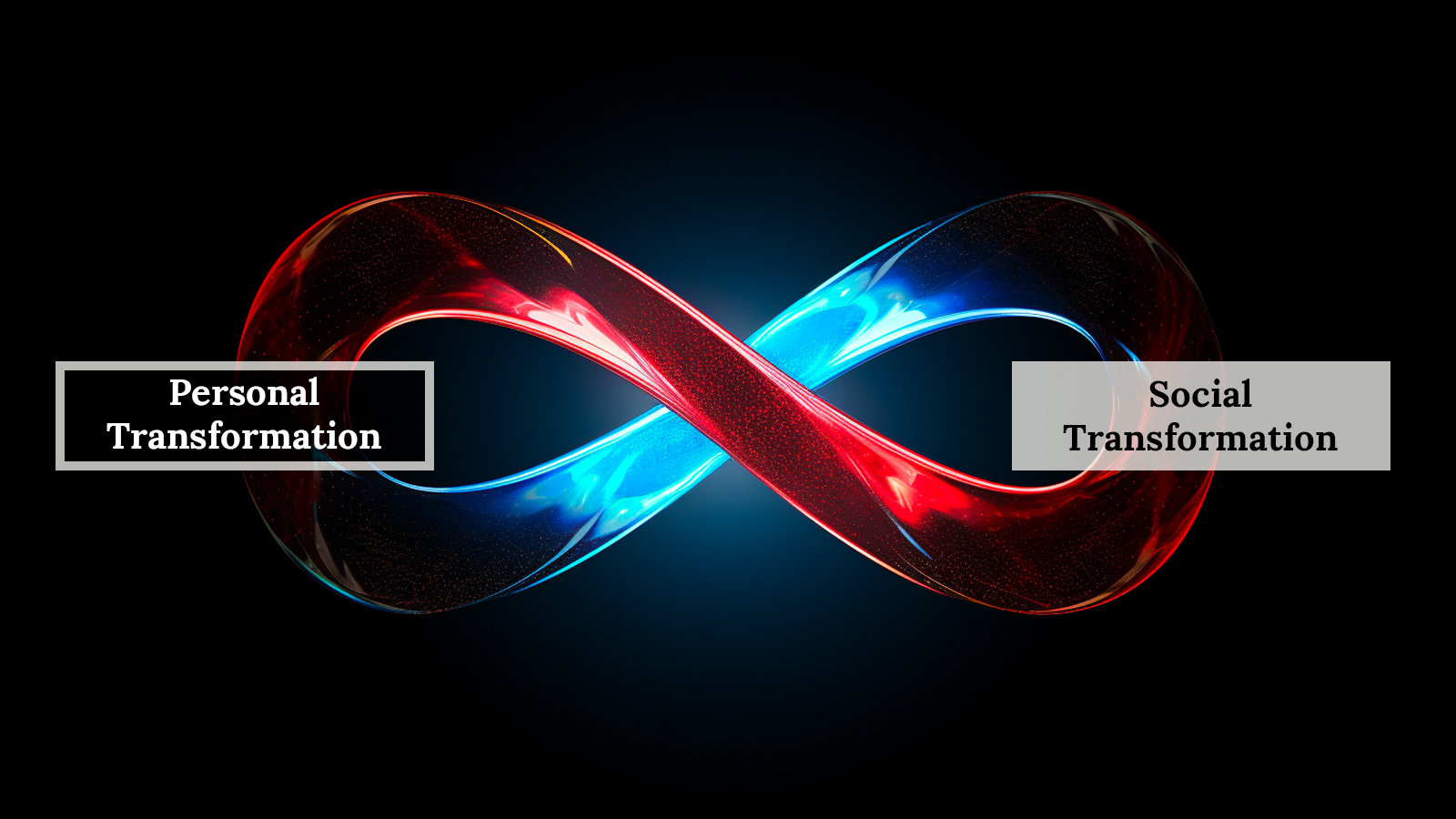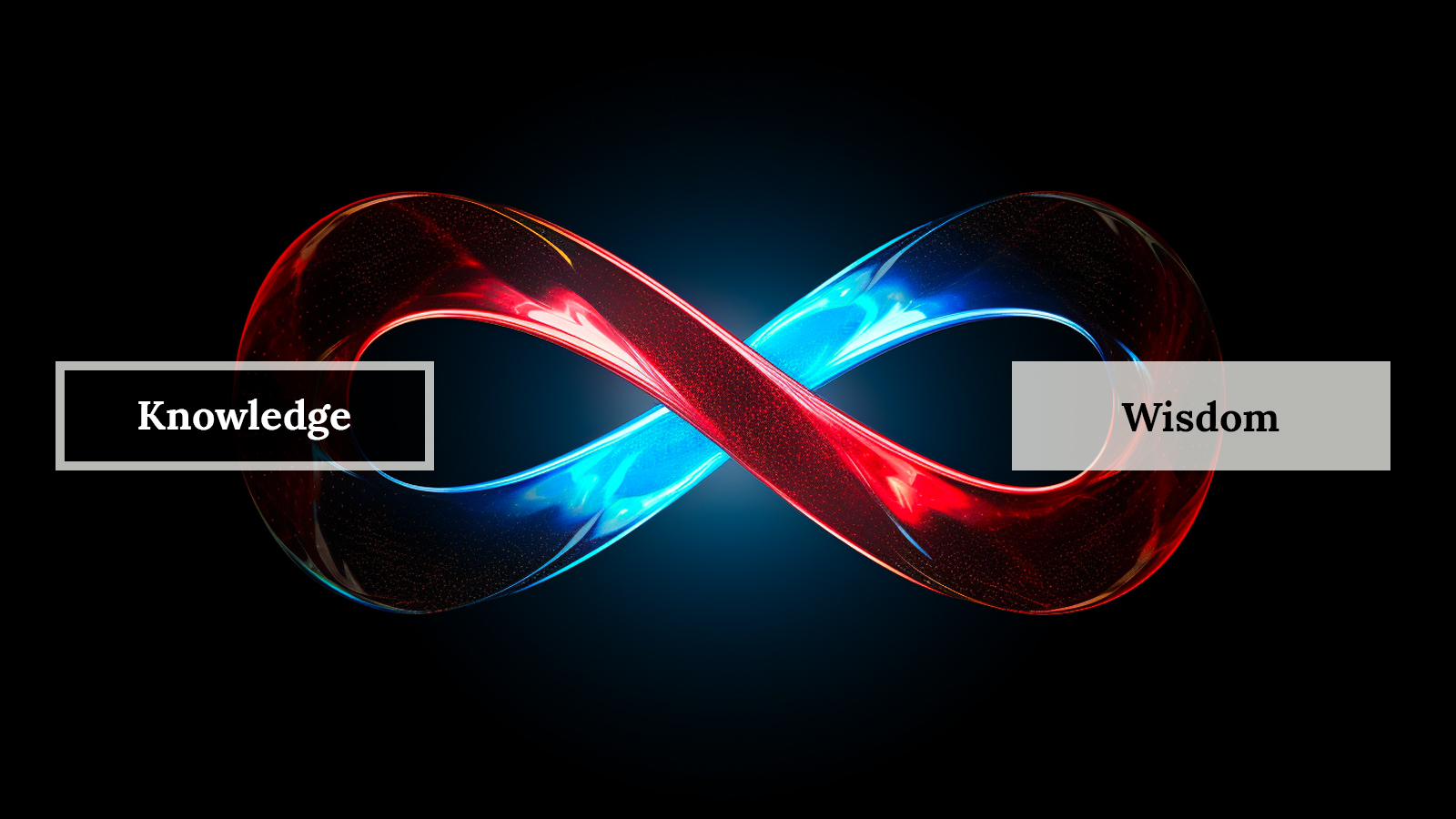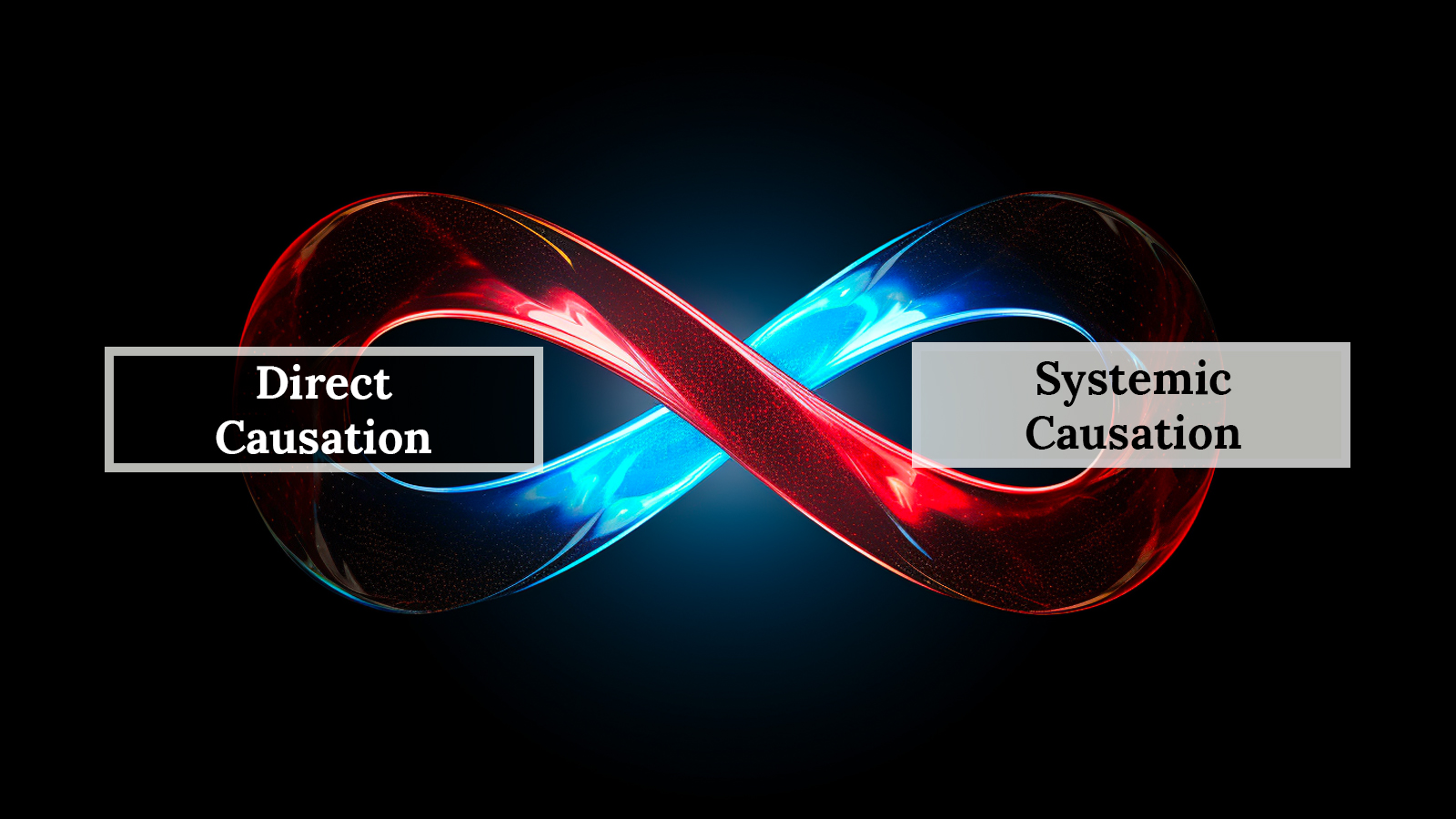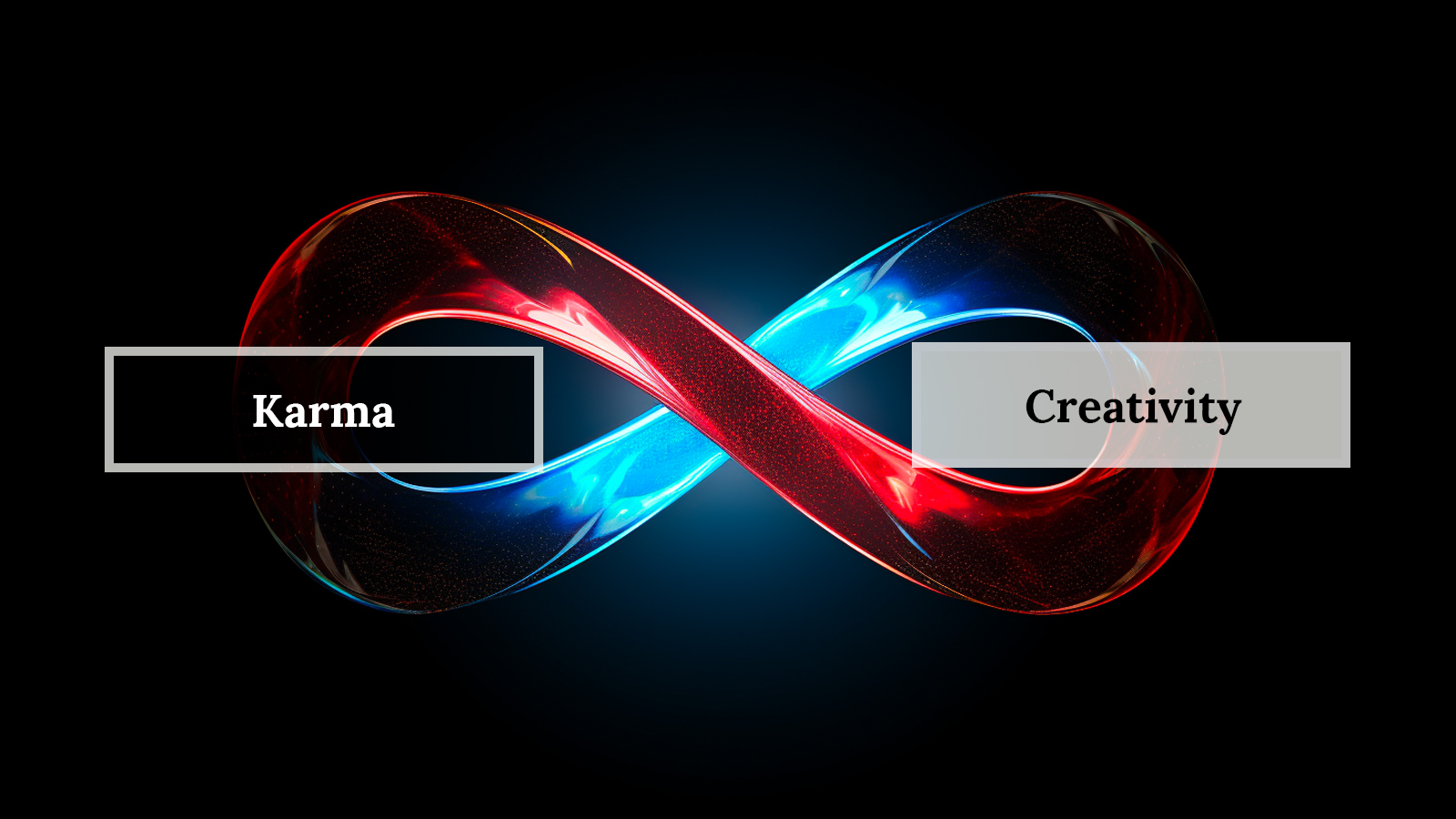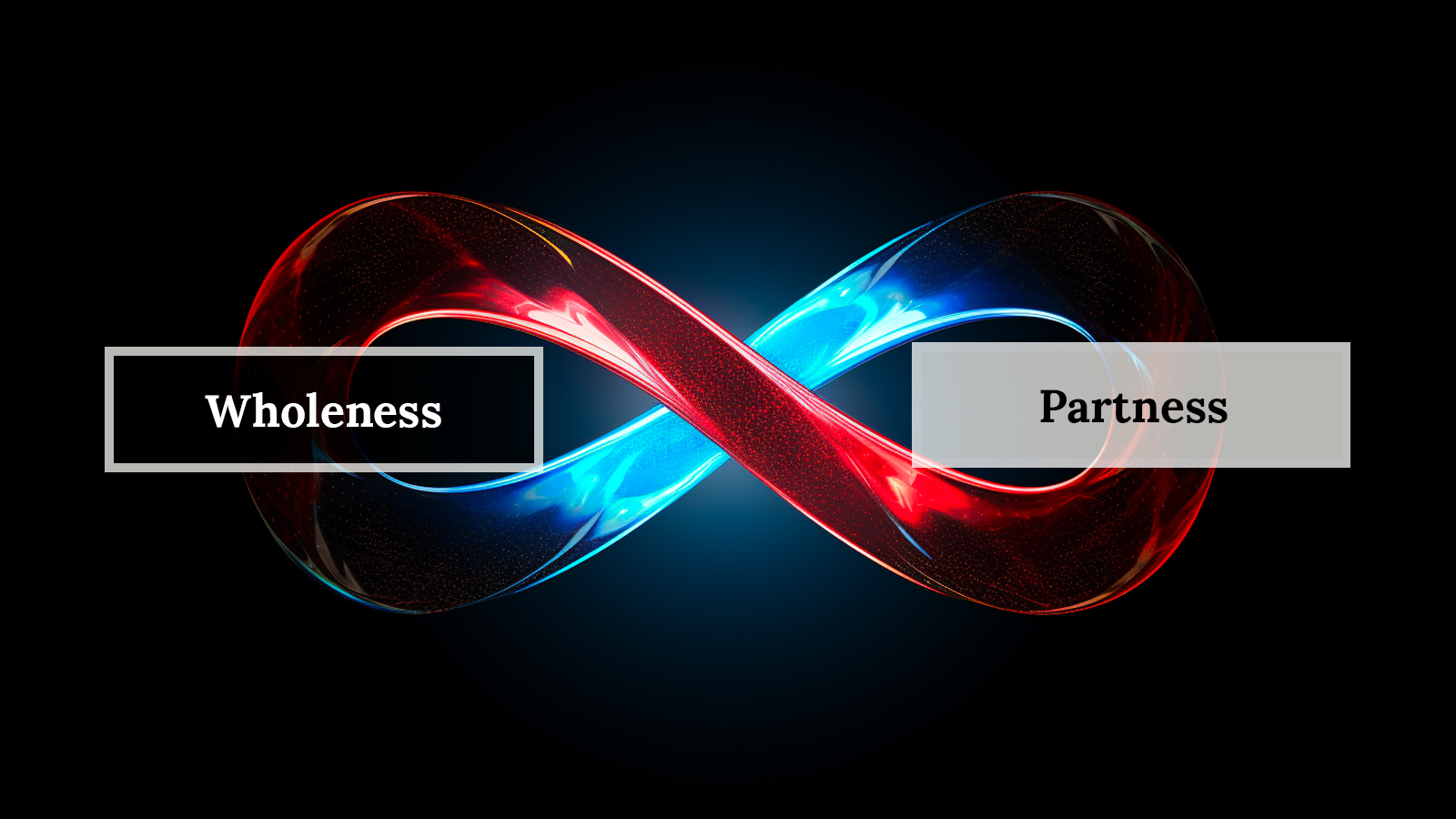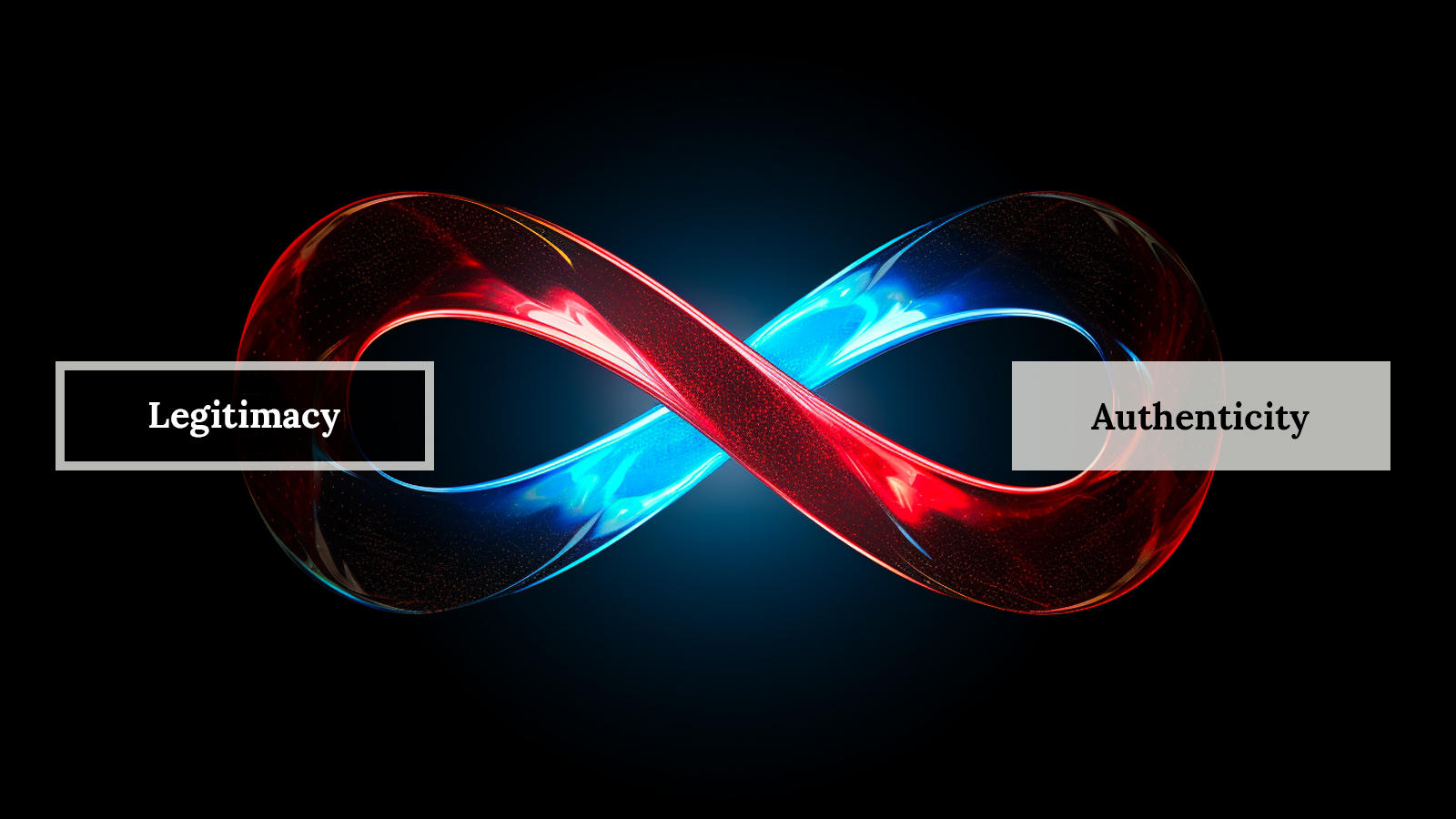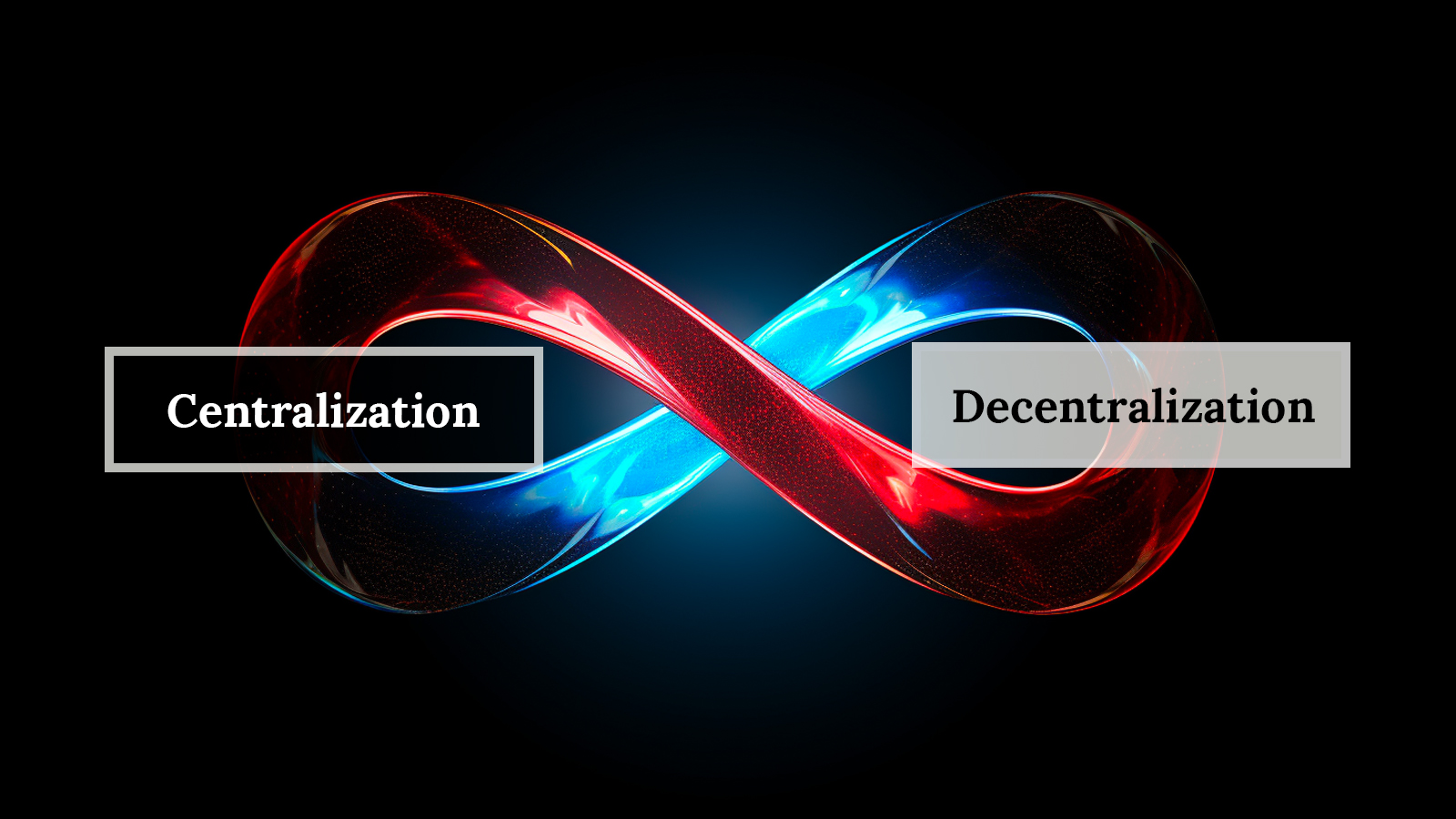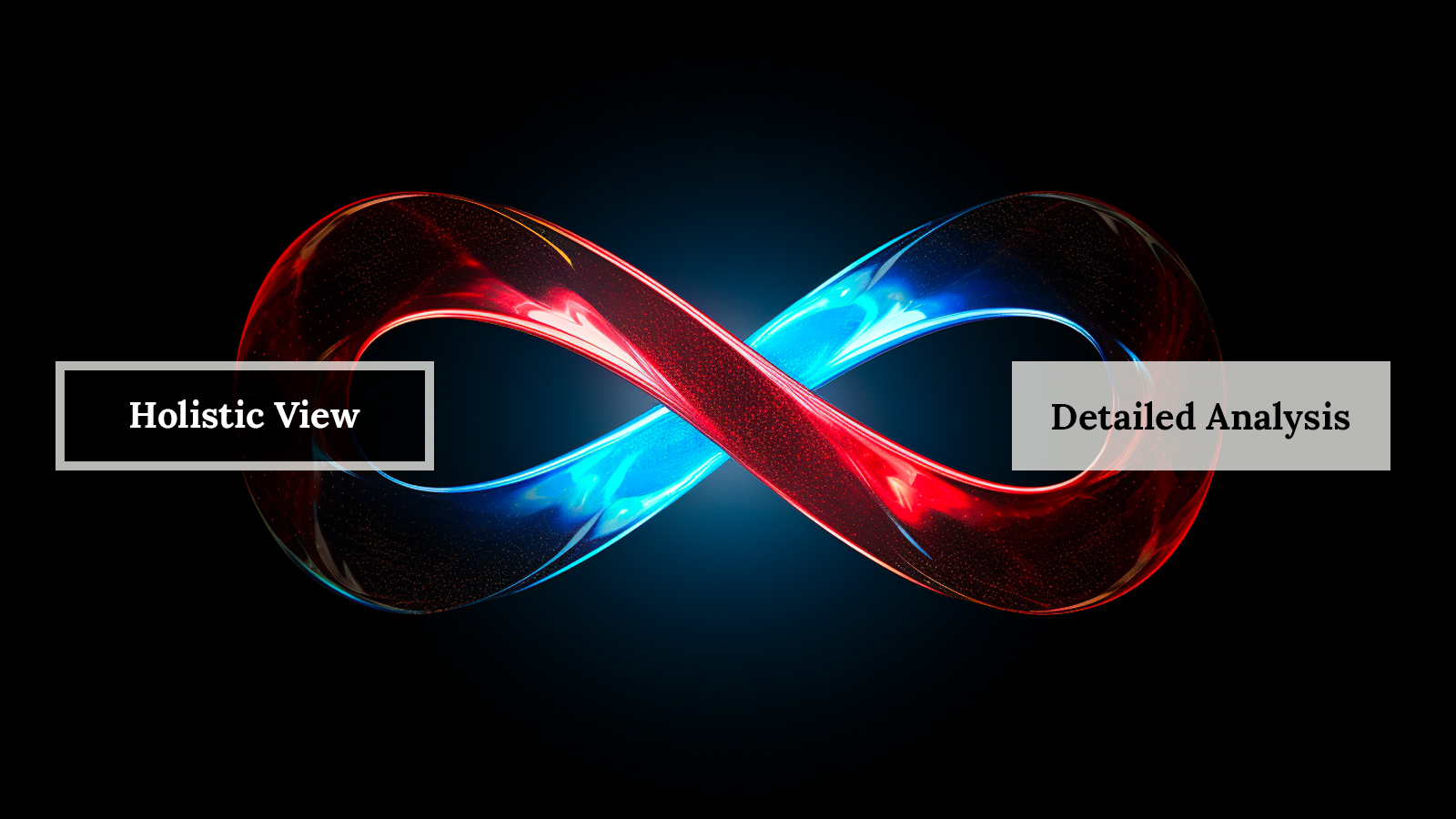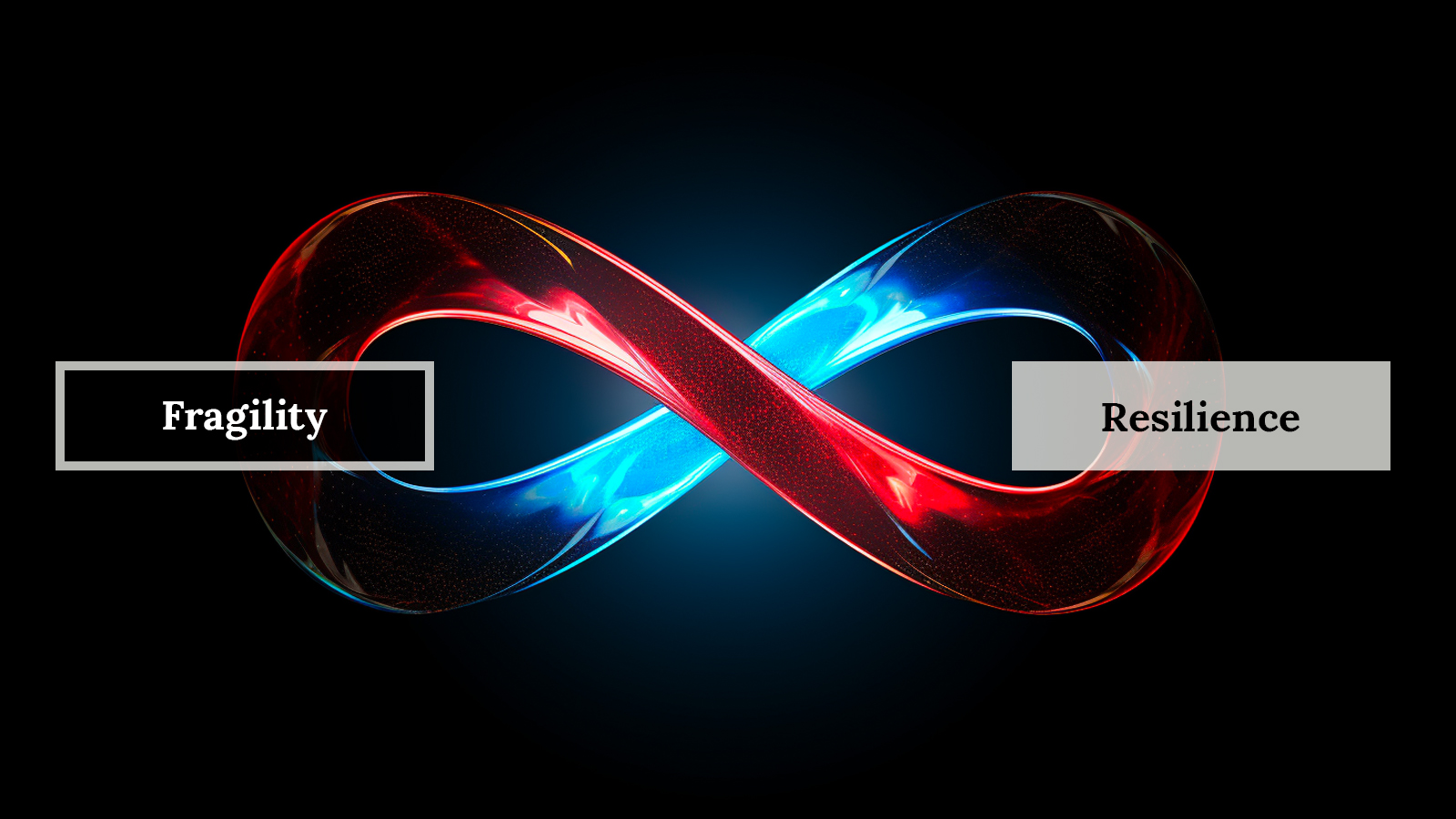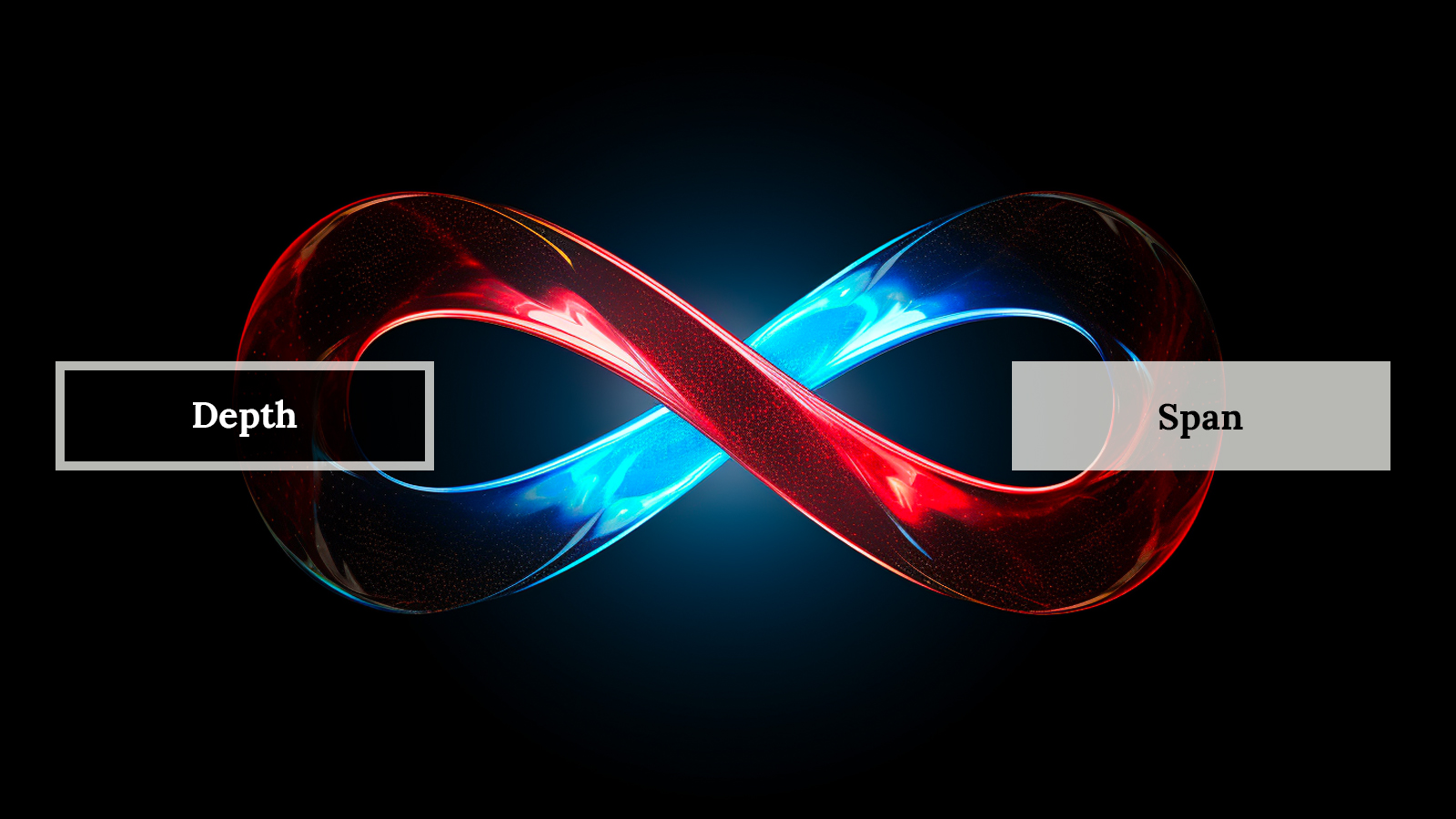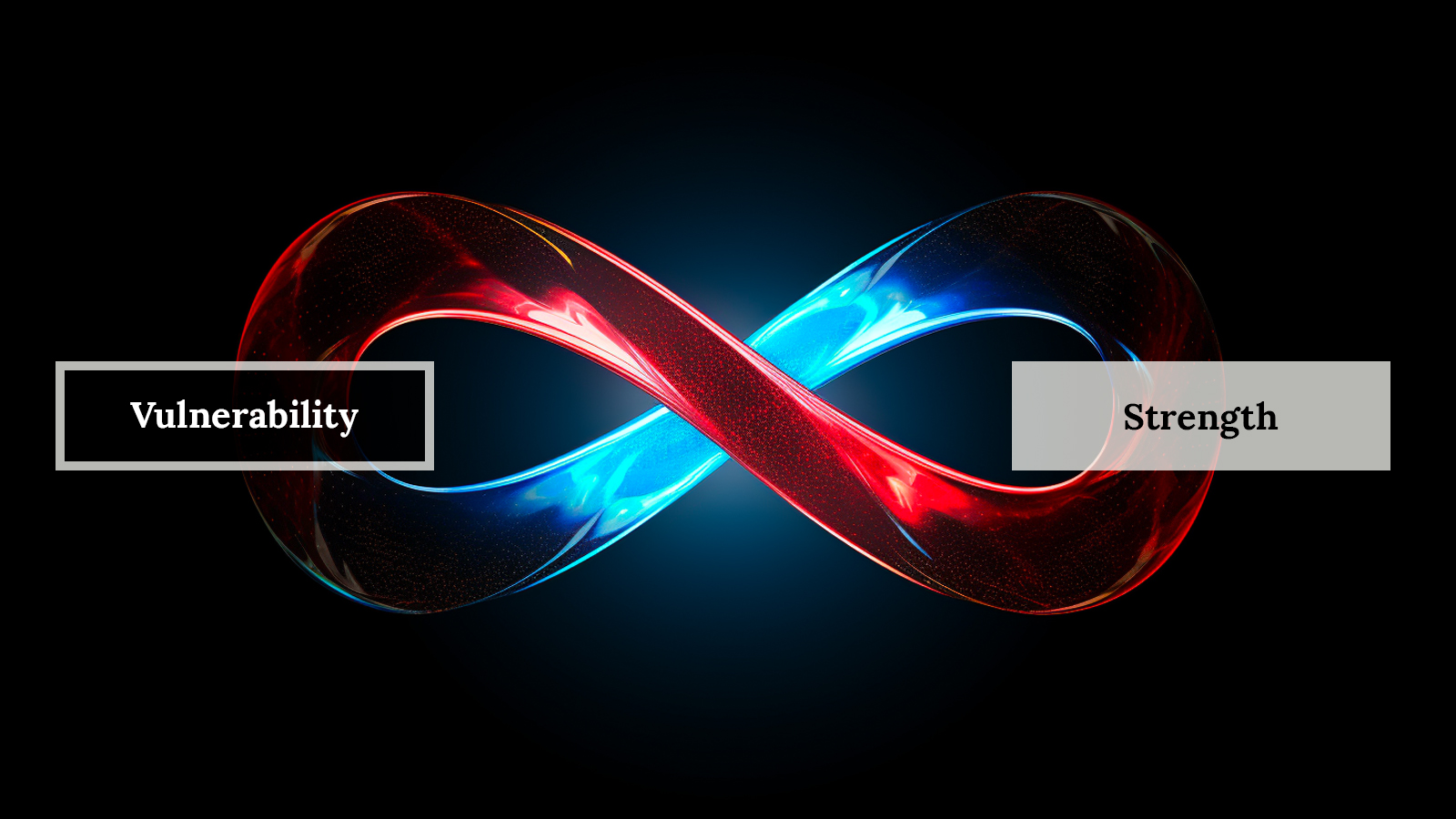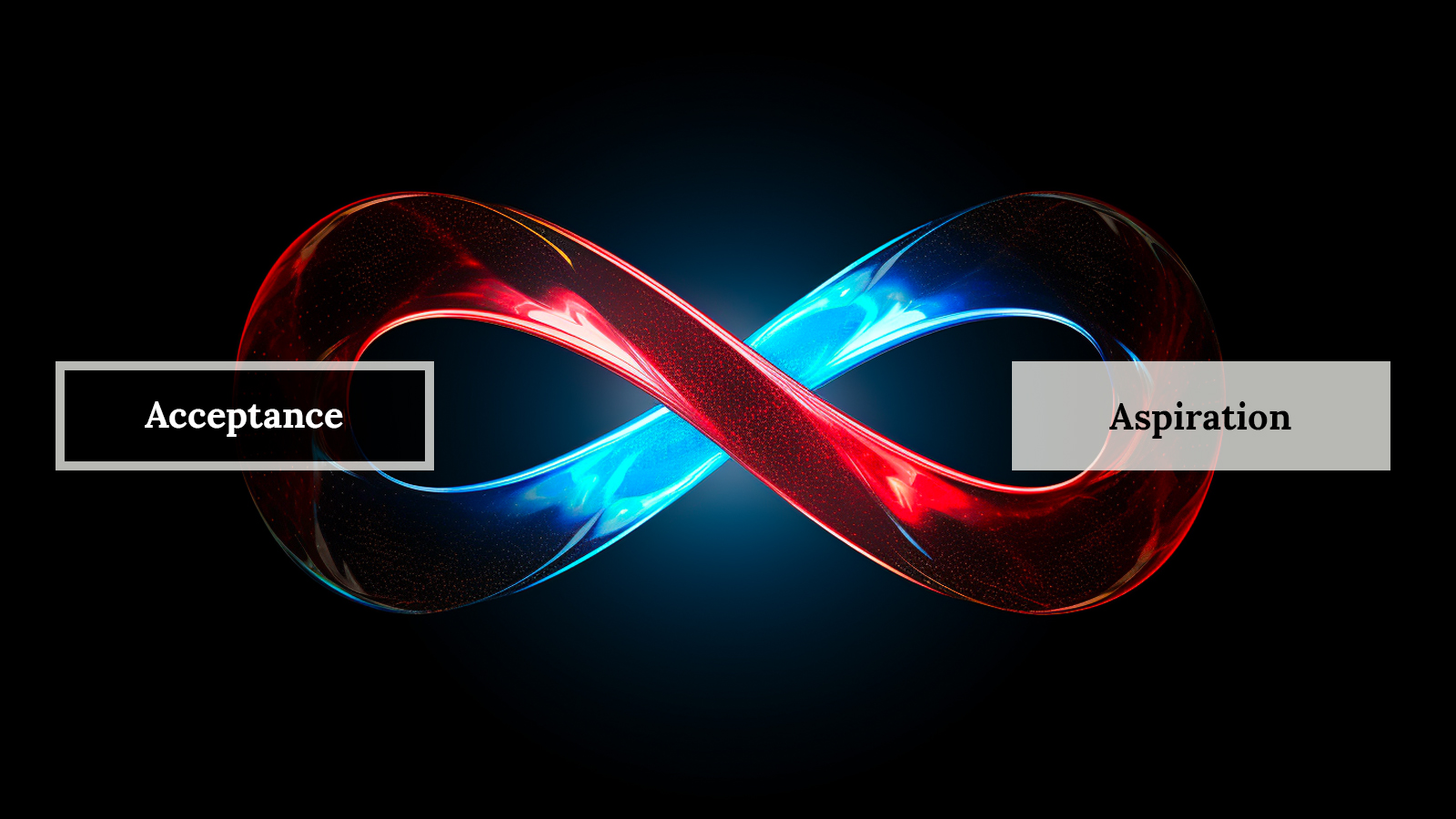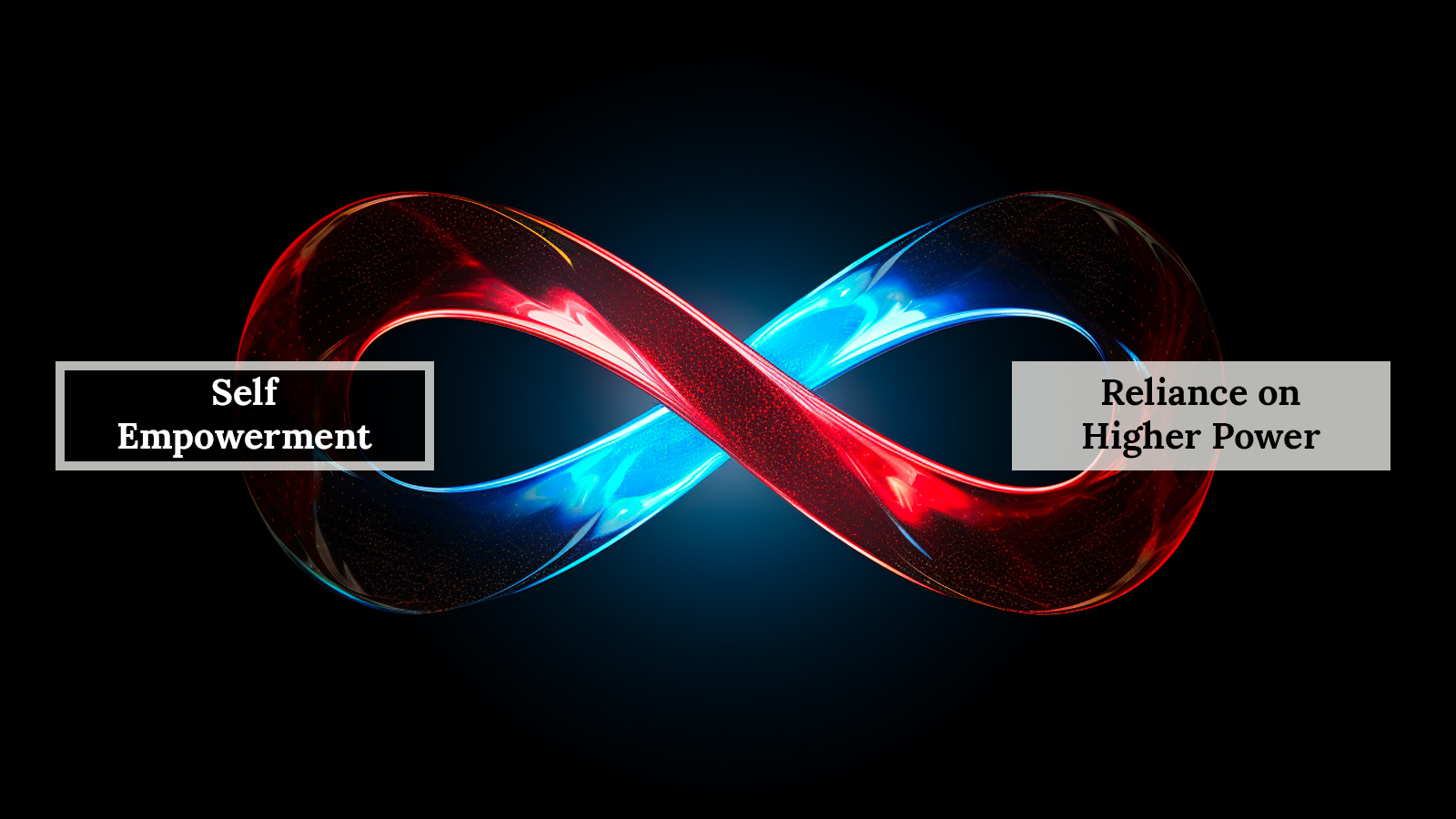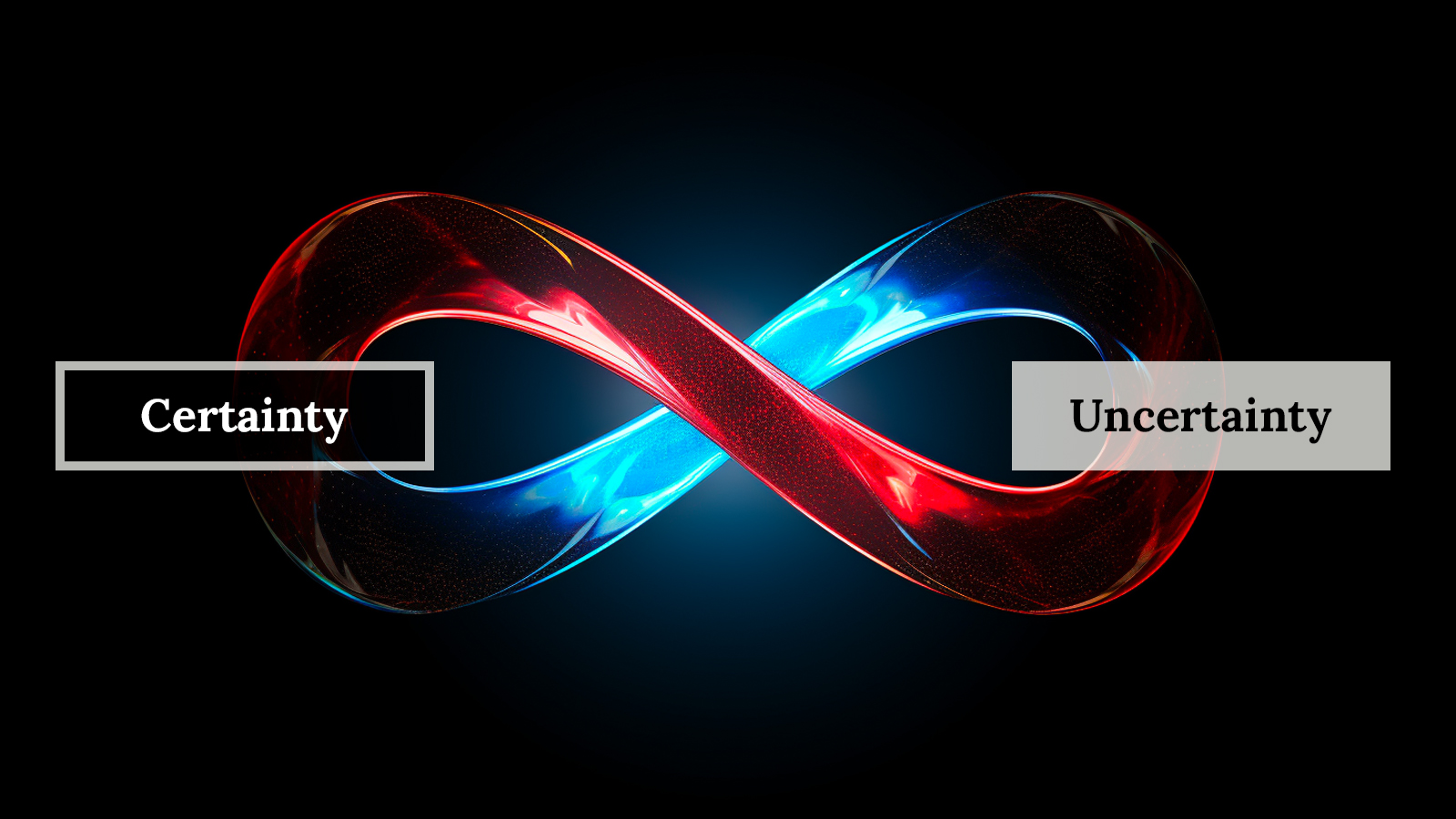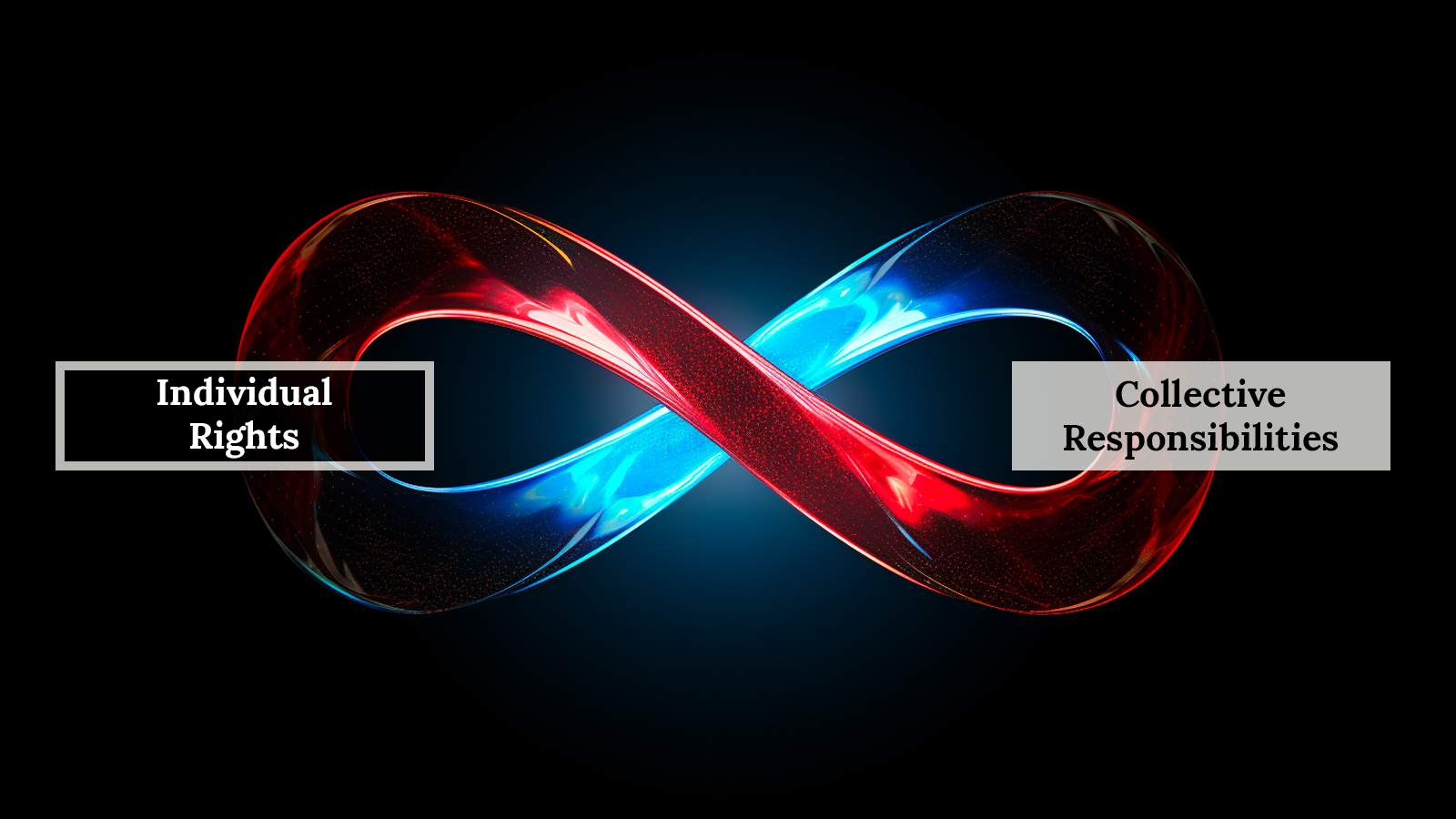|
Polarity
Description |
The Confidence/Humility polarity represents a dynamic interplay between self-assurance and modest self-awareness, the balance between recognizing one’s own abilities and worth while simultaneously acknowledging personal limitations and the value of others. It highlights the ongoing dance between asserting oneself confidently and remaining open to growth and learning. Mastering this polarity allows individuals to navigate complex social and professional environments with both strength and grace. Confidence is the state of feeling certain about one’s abilities, qualities, and judgments. It involves a strong sense of self-efficacy and the belief in one’s capacity to handle challenges and achieve goals. Confidence empowers individuals to take action, express themselves authentically, and persist in the face of obstacles. It is rooted in self-knowledge, past successes, and a realistic assessment of one’s strengths. Humility is the quality of having a modest view of one’s importance and an openness to learning and growth. It involves recognizing one’s limitations, acknowledging the contributions of others, and maintaining a perspective that extends beyond personal achievements. Humility fosters receptivity to new ideas, facilitates genuine connections with others, and promotes continuous personal and professional development. |
|
Integrated Polarity
|
Confident Humility represents a sophisticated integration of self-assurance and modest self-awareness. This emergent quality manifests as a grounded, authentic presence that combines strong self-efficacy with an open, growth-oriented mindset. Individuals embodying Confident Humility possess a remarkable capacity for honest self-reporting of their strengths and weaknesses, neither inflating nor diminishing their abilities. This integration enhances one’s ability to engage with both “dark shadows” (unacknowledged weaknesses or flaws) and “golden shadows” (unrecognized or undervalued strengths and potentials). Confident Humility fosters a dynamic balance between assertiveness and receptivity, allowing individuals to express themselves clearly while remaining genuinely open to others’ perspectives. This integration results in enhanced emotional intelligence, as one can navigate complex social situations with both strength and sensitivity. Moreover, it cultivates a resilient yet adaptable approach to challenges, where setbacks are viewed as opportunities for growth rather than threats to self-worth. The synthesis of confidence and humility also leads to more authentic leadership and interpersonal relationships. Leaders embodying Confident Humility inspire trust and respect by demonstrating competence while acknowledging their limitations and valuing team contributions. In personal relationships, this integration promotes deeper connections through a combination of self-assured vulnerability and empathetic listening. |
|
Unintegrated Polarity
|
The unintegrated state of the Confidence-Humility polarity, characterized here as “Fragile Ego”, manifests as a persistent entrapment in either the negative aspects of confidence or humility, rather than a healthy balance between the two. In this state, individuals often find themselves stuck in one extreme, unable to access the positive qualities of the opposite pole. When trapped in the negative aspects of confidence, individuals may exhibit chronic arrogance, consistently overestimating their abilities and dismissing others’ input. This can lead to the Dunning-Kruger effect, where they lack the self-awareness to recognize their own incompetence. They may steamroll over others, making impulsive decisions without considering consequences or alternative viewpoints. Conversely, when stuck in the negative aspects of humility, individuals may suffer from persistent self-doubt and insecurity, exemplified by imposter syndrome. They might engage in excessive self-criticism, struggle with decision-making, and consistently undervalue their own contributions. This can result in a pattern of self-silencing and an inability to assert themselves even when necessary. In either case, the Fragile Ego state creates significant barriers to personal growth and healthy relationships. Those stuck in arrogance struggle to learn from others or admit mistakes, while those mired in self-doubt fail to recognize and utilize their strengths. Both states impede authentic connections with others, either through domineering behavior or excessive acquiescence. |
|
Tips for
Harmonizing |
To harmonize the Confidence-Humility polarity, focus on cultivating a balanced approach that allows for healthy oscillation between both poles. When you find yourself leaning too far toward confidence, practice mindful self-reflection. Take a moment to consider alternative perspectives and acknowledge areas where you might have room for growth. Engage in active listening exercises to enhance your receptivity to others’ ideas and feedback. Conversely, if you notice yourself veering too far into humility, engage in positive self-affirmation practices. Regularly remind yourself of your accomplishments and strengths, perhaps by maintaining a “success journal” where you record your achievements, no matter how small. Practice assertiveness techniques, such as using “I” statements to express your thoughts and needs clearly and respectfully. To maintain overall balance, incorporate regular self-assessment exercises into your routine. This could involve periodic check-ins where you honestly evaluate your recent behaviors and decisions, considering whether they reflect an appropriate balance of confidence and humility. Seek feedback from trusted friends, colleagues, or mentors to gain external perspectives on your balance between these two qualities. |
|
Tips for Integrating
|
To truly integrate the Confidence/Humility polarity, focus on practices that simultaneously cultivate self-assurance and openness to growth. Begin with mindfulness meditation, particularly loving-kindness (metta) meditation. This practice nurtures self-compassion while extending goodwill to others, fostering both inner confidence and humble connection to the broader world.
Incorporate regular journaling exercises that prompt you to explore both your strengths and areas for growth. For each strength you identify, challenge yourself to consider how it could be further developed or how it might benefit from the influence of other perspectives. For each growth area, reflect on how your existing strengths might support your development in this domain. Engage in deliberate perspective-taking exercises. When facing a challenge or making a decision, consciously adopt multiple viewpoints. Start with your initial, confident approach, then deliberately switch to a humble, questioning stance. Finally, synthesize these perspectives, aiming for a balanced view that acknowledges both your capabilities and the value of external input. In terms of Integral Life Practice, these exercises primarily address the psychological and spiritual quadrants. To create a more comprehensive practice, consider complementing them with physical practices like yoga or martial arts, which cultivate body awareness and the balance between strength and flexibility. In the interpersonal domain, seek out opportunities for collaborative projects or mentoring relationships where you can simultaneously share your expertise and learn from others. Remember, the goal of integrating this polarity is not to achieve a static state of perfect balance, but to develop the dynamic capacity to embody both confidence and humility as the situation requires. This integration supports overall personal growth, enhancing your ability to navigate complex challenges with grace, authenticity, and wisdom. |
Related Media
Why Greater Depth Means Greater Responsibility
Keith Witt and Corey deVos
Watch as Dr. Keith Witt and Corey deVos delve into the profound interdependence between human development and responsibility, exploring how our deepening self-awareness shapes our relationships and societal roles in an ever-evolving world. At the heart of the discussion is the compelling notion that as we evolve in our understanding and self-awareness, we bear a greater onus to guide, uplift, and positively influence those around us. This responsibility is especially important in the realm of relationships, where the path to trust and understanding is often fraught with challenges, yet rich with opportunities for growth.
Recommended Training
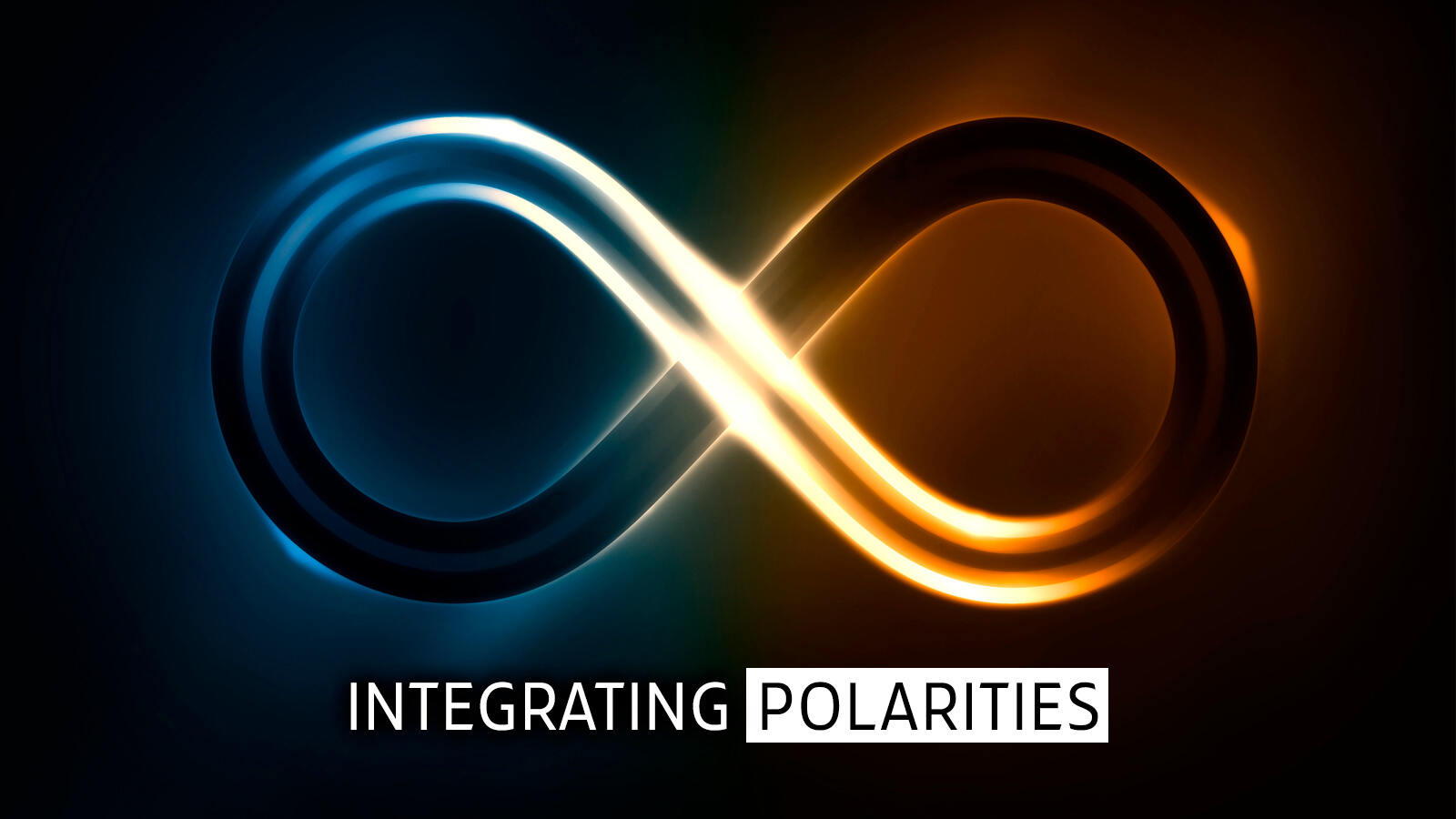
with Beena Sharma
Integrating Polarities is a revolutionary new training program by Beena Sharma, designed to teach you the higher-order thinking common to leading-edge individuals at the integral stage of development. This training is designed to model the higher-order thinking associated with integral stages of psychological maturity, offering you a step-by-step process to help you learn these thinking skills and apply them to your life, your relationships, and your work in the world.
Enroll Now
More Polarity Maps
About Corey deVos
Corey W. deVos is editor and producer of Integral Life. He has worked for Integral Institute/Integal Life since Spring of 2003, and has been a student of integral theory and practice since 1996. Corey is also a professional woodworker, and many of his artworks can be found in his VisionLogix art gallery.

